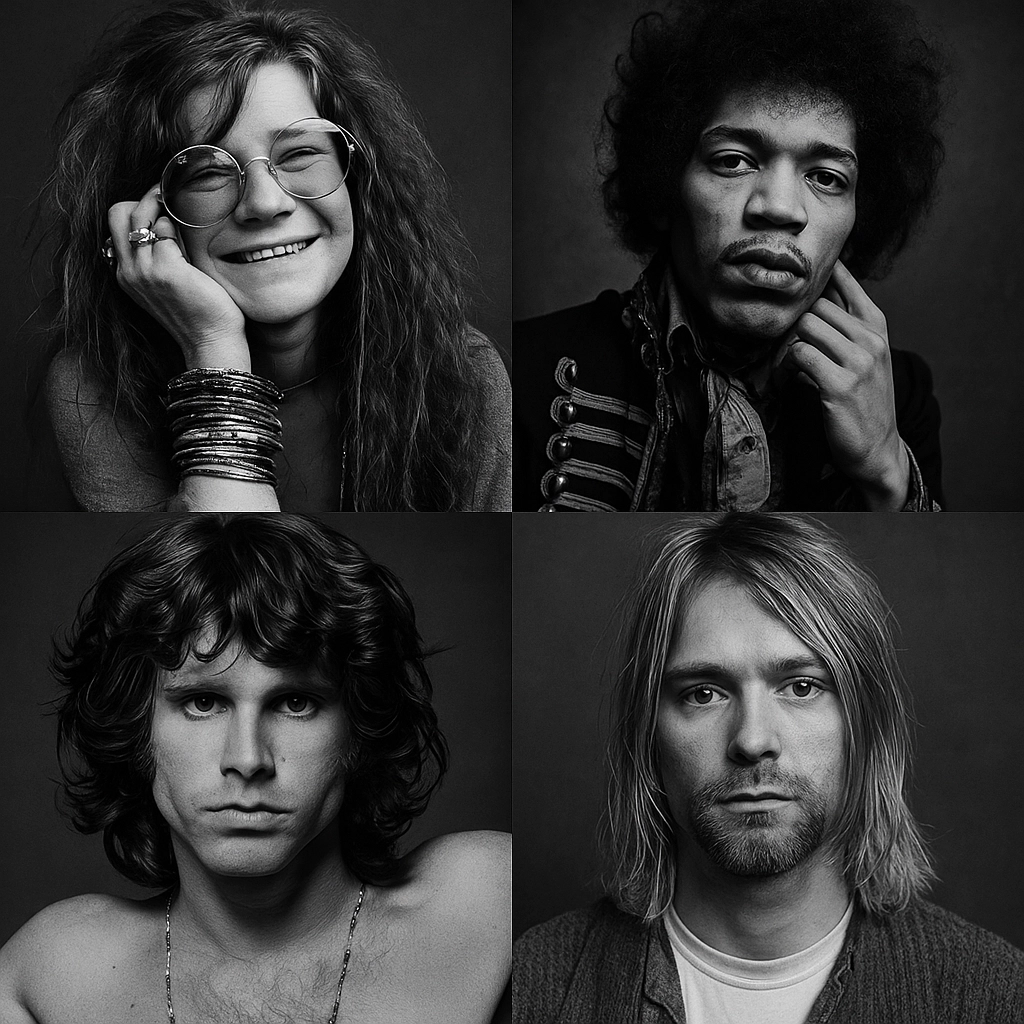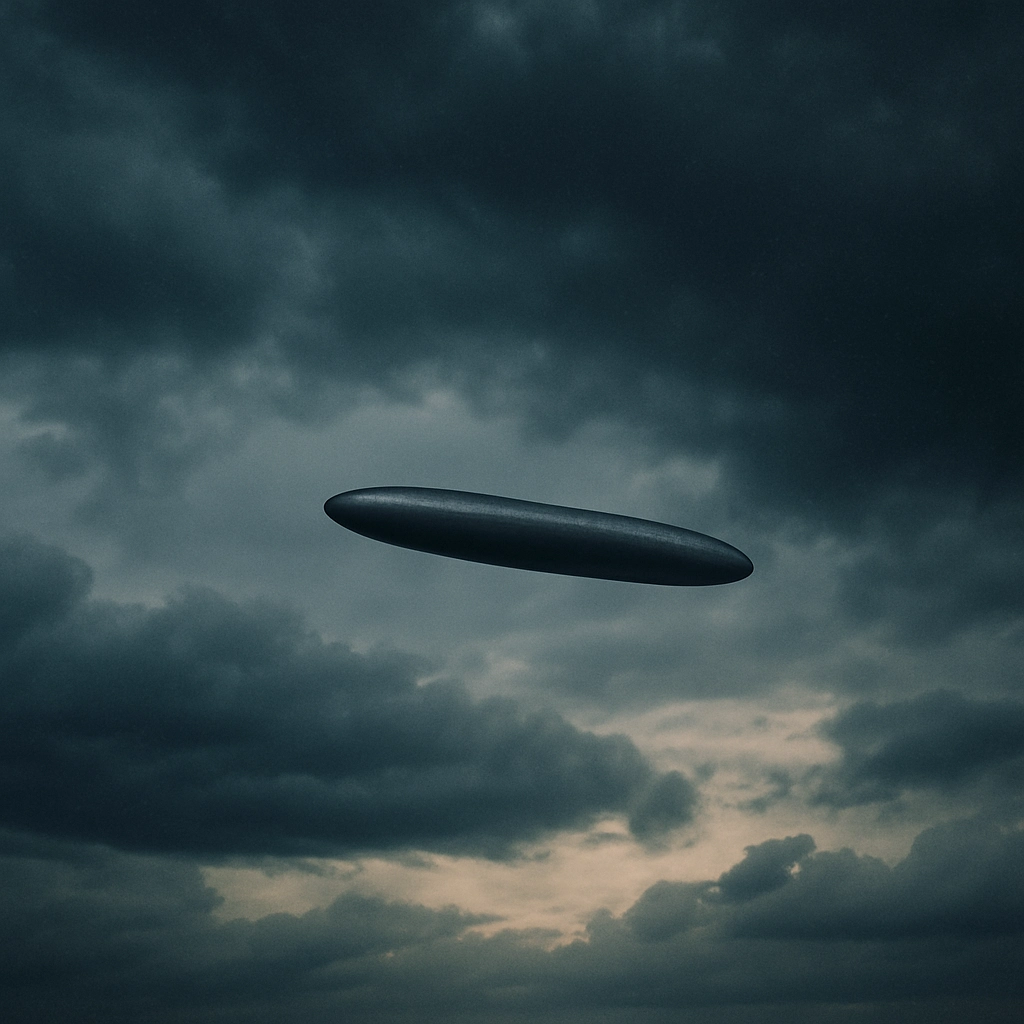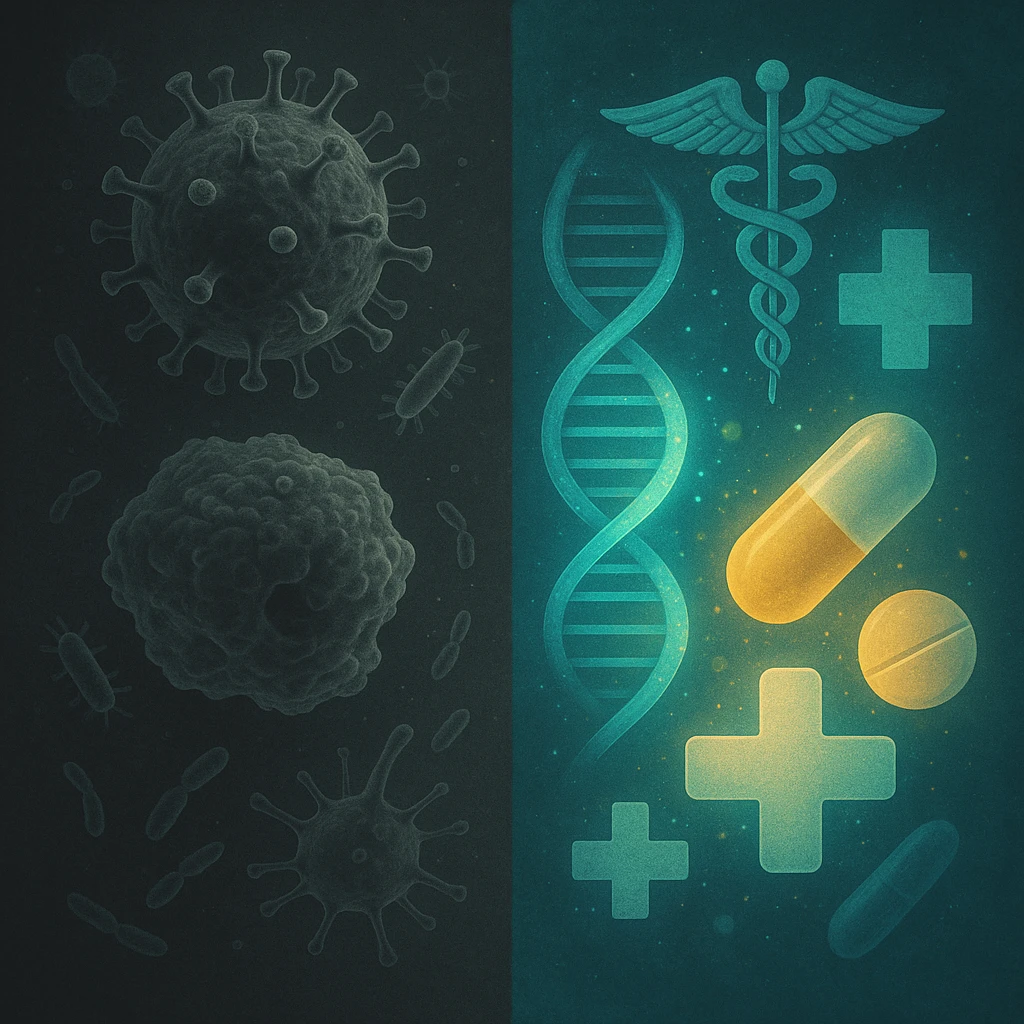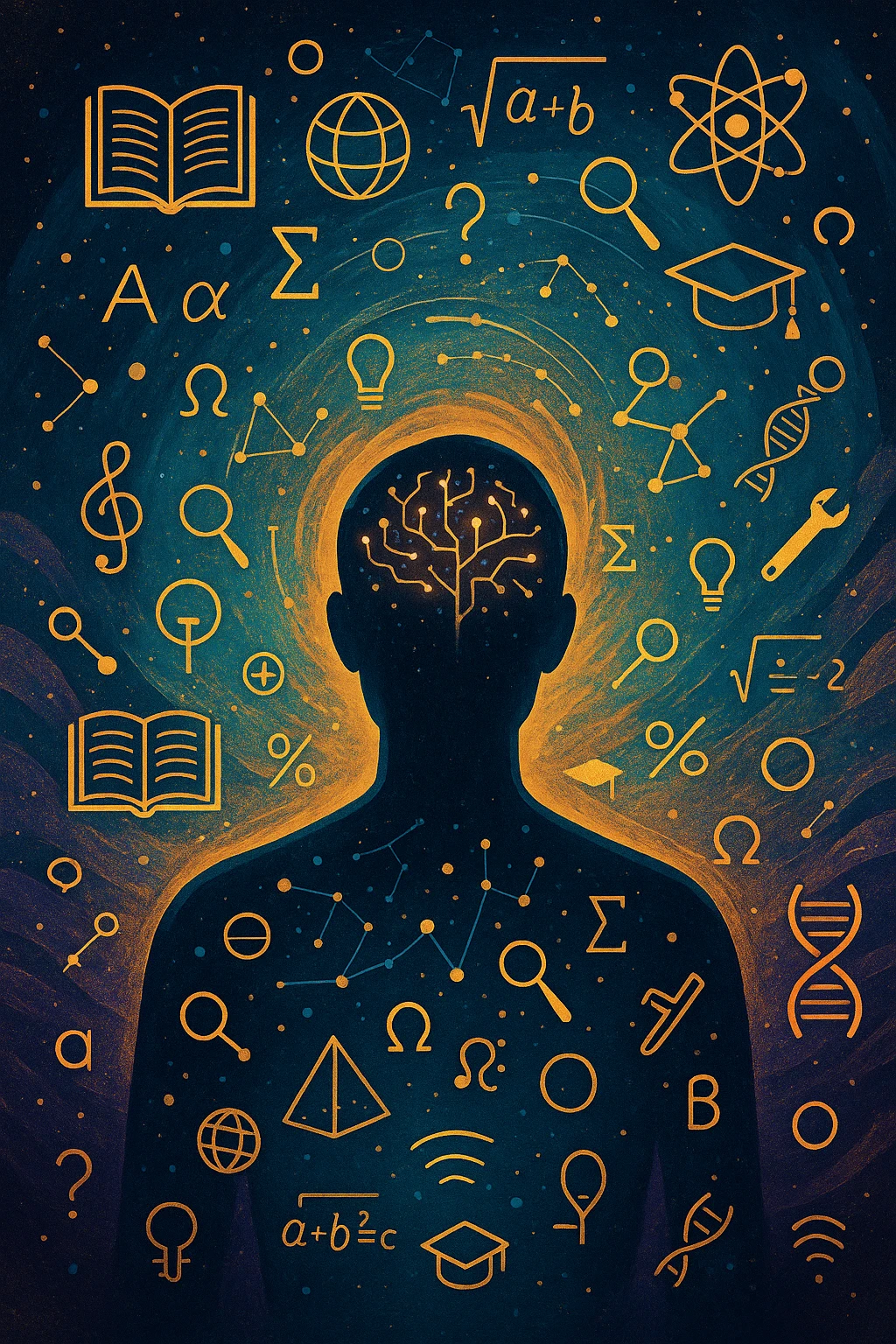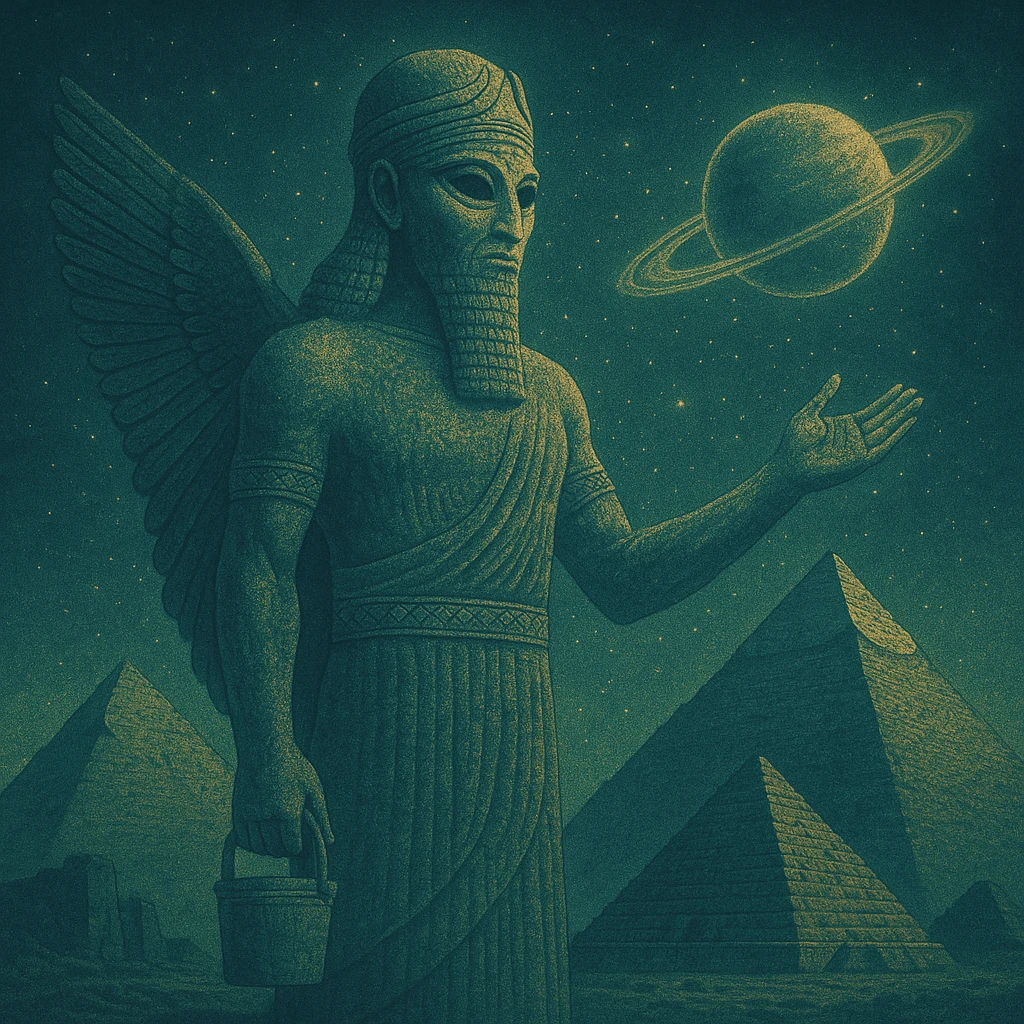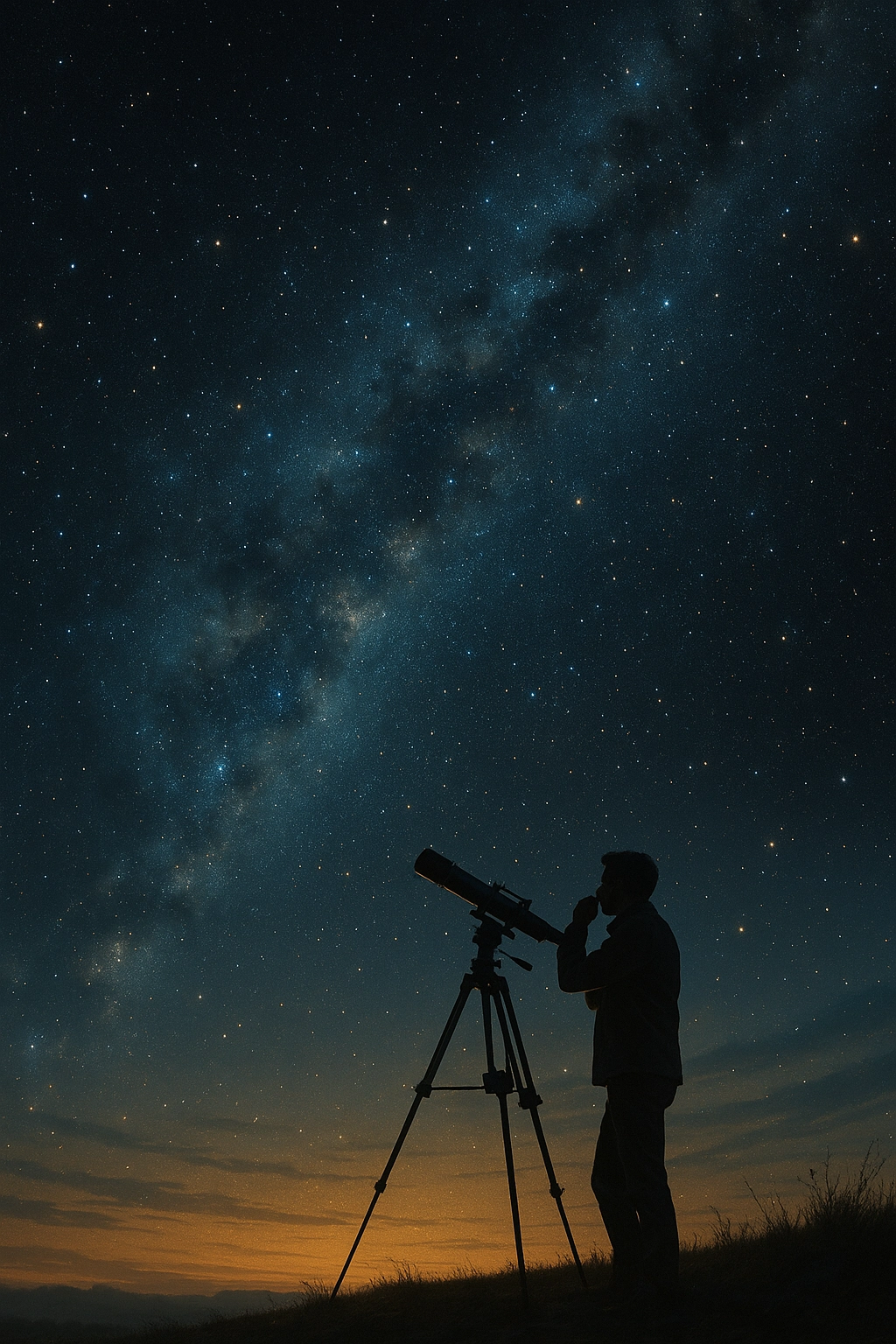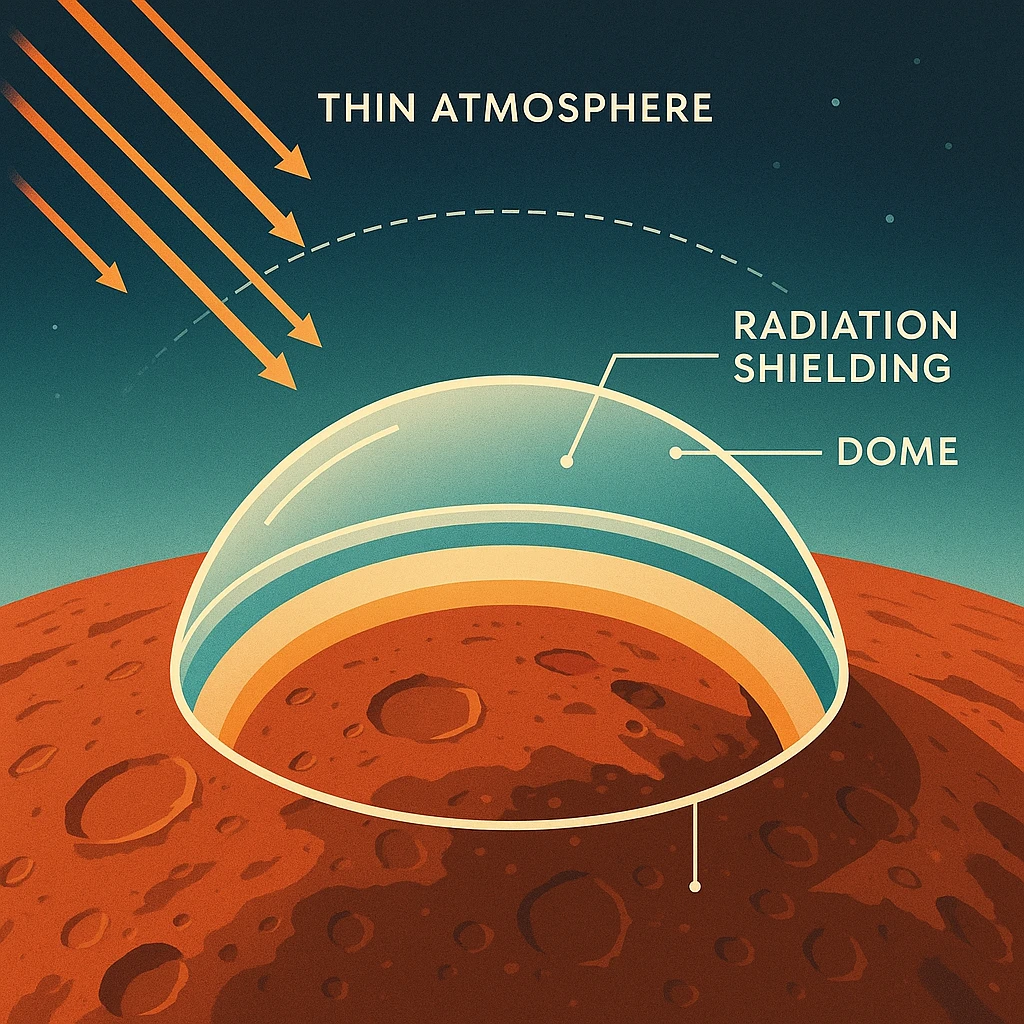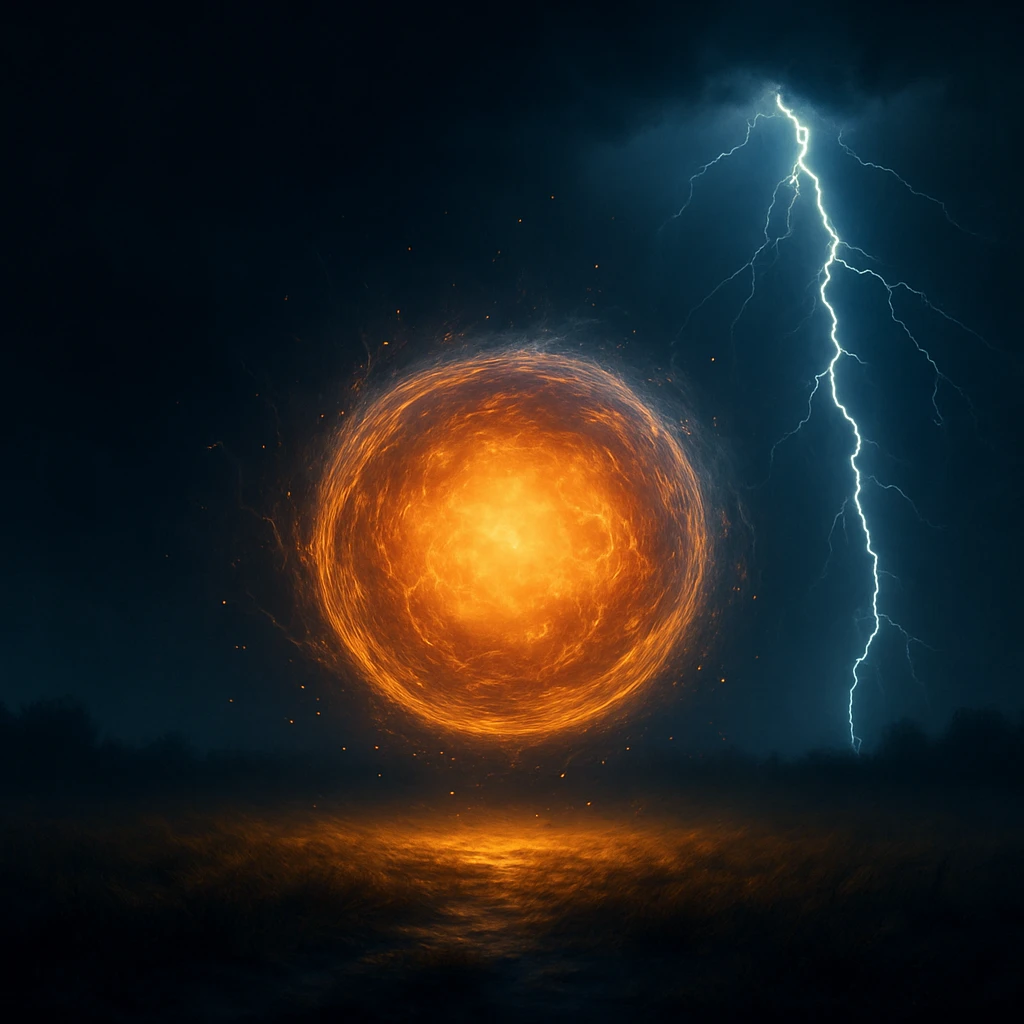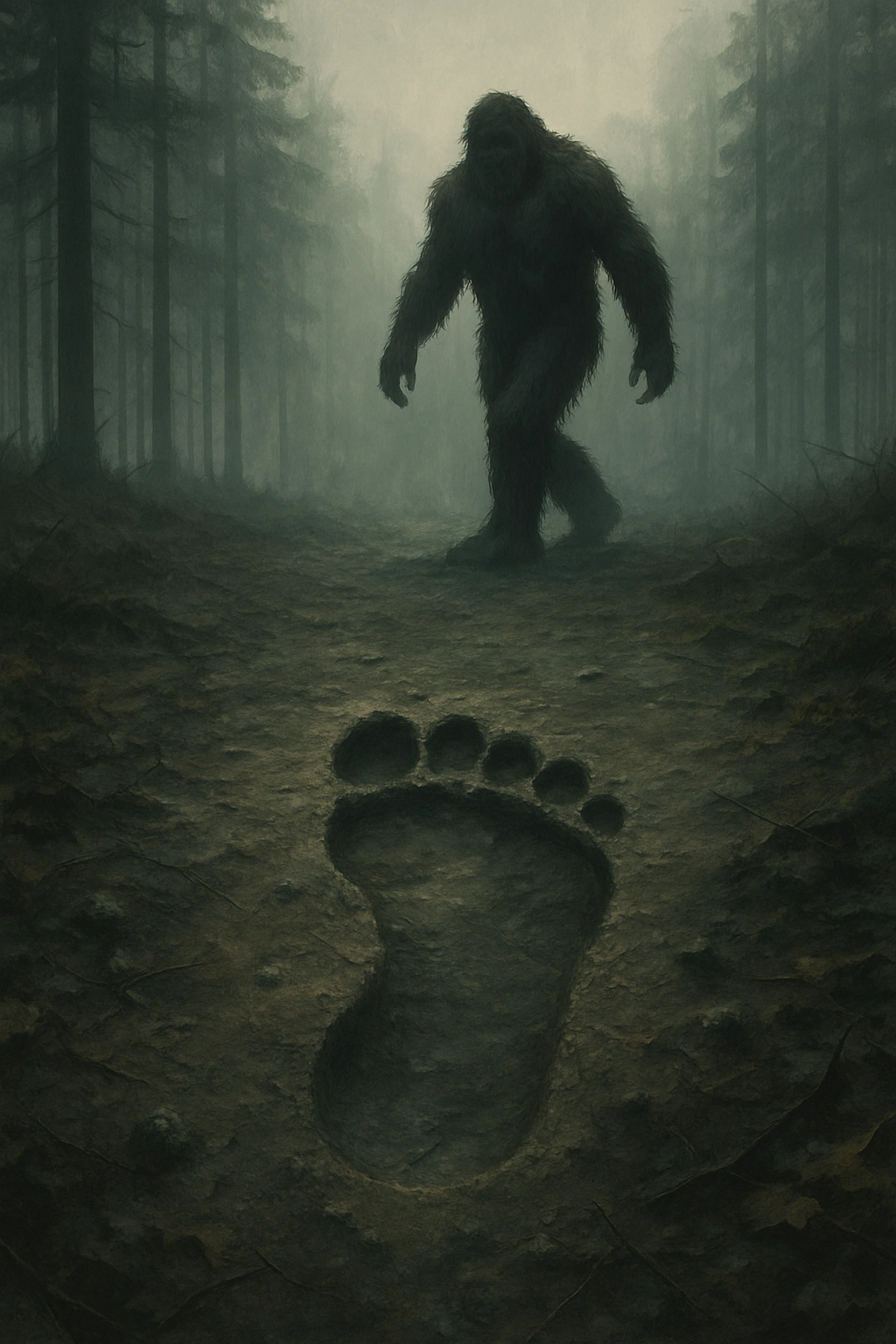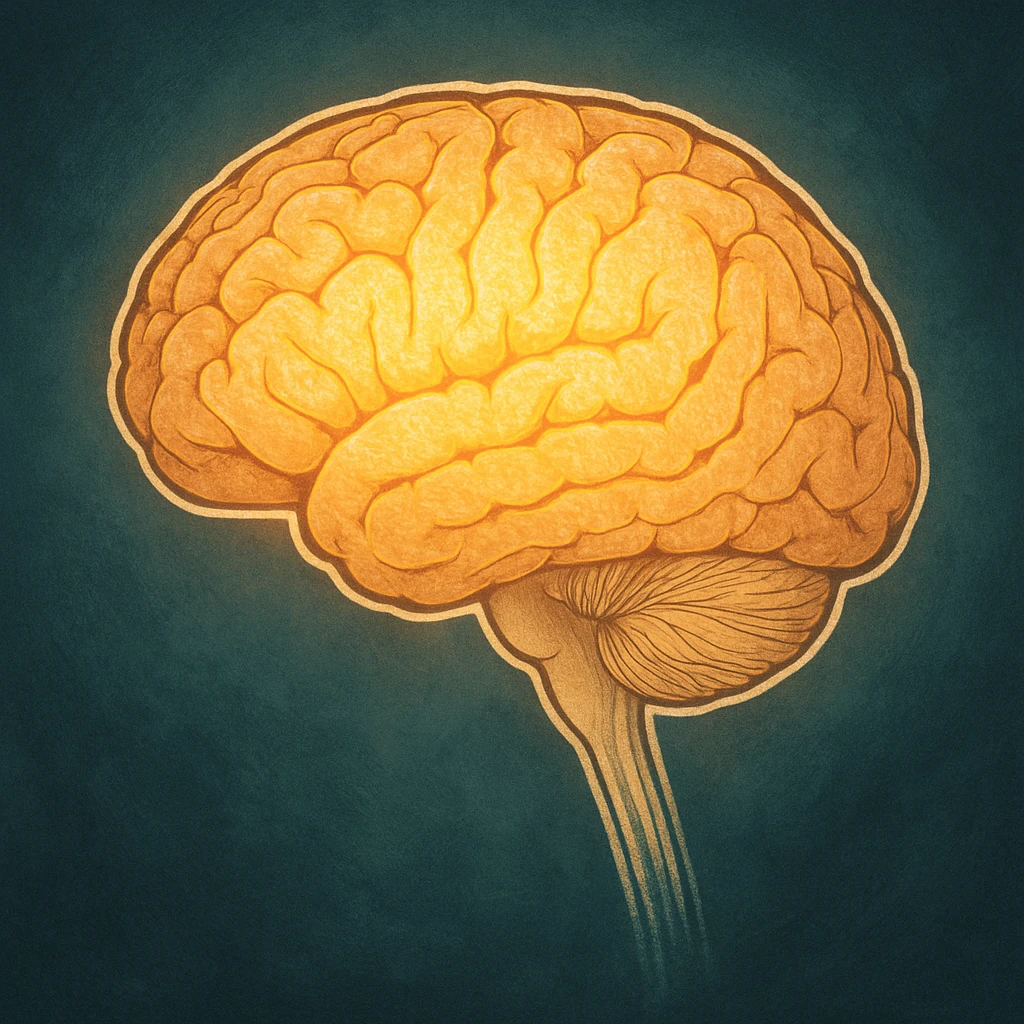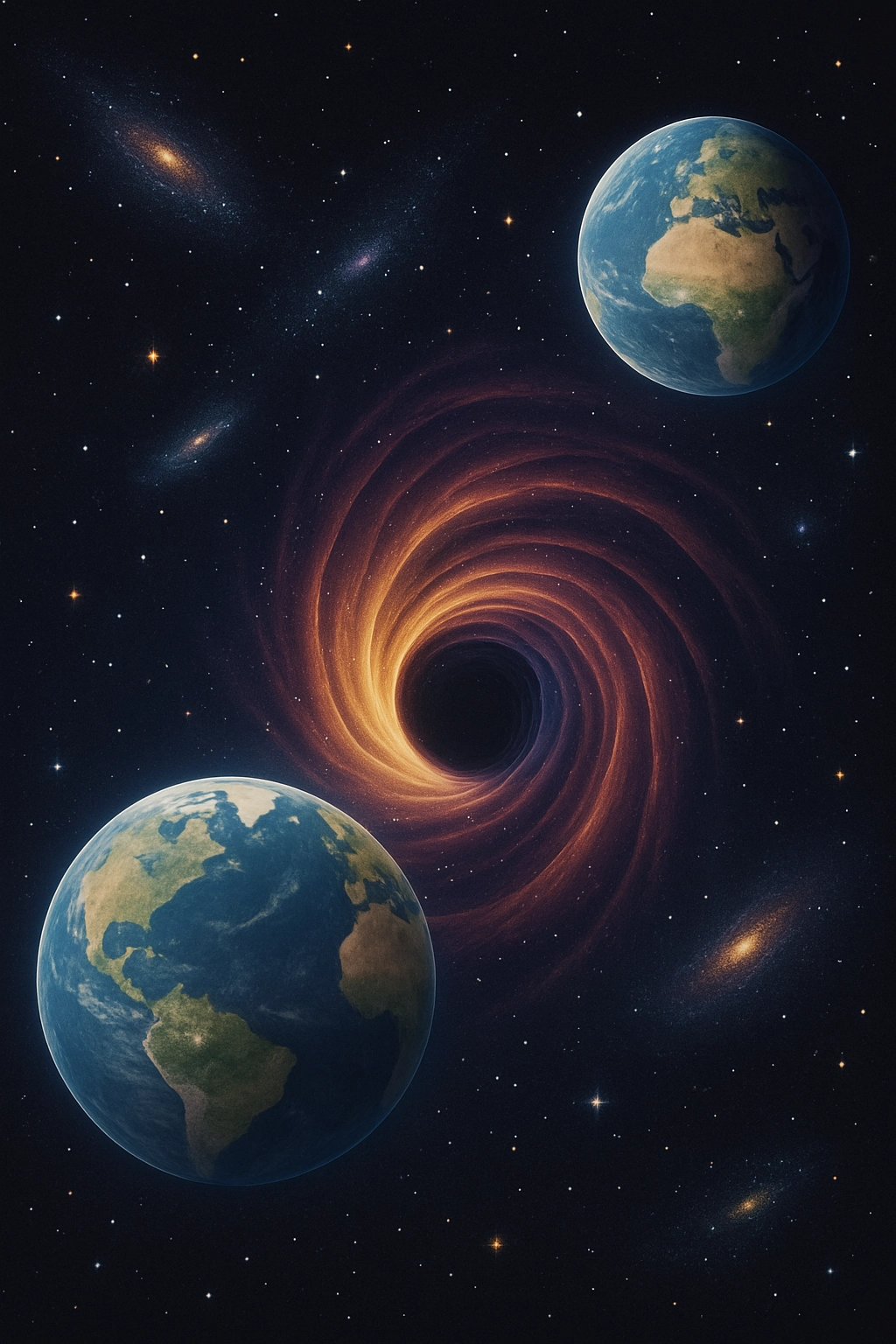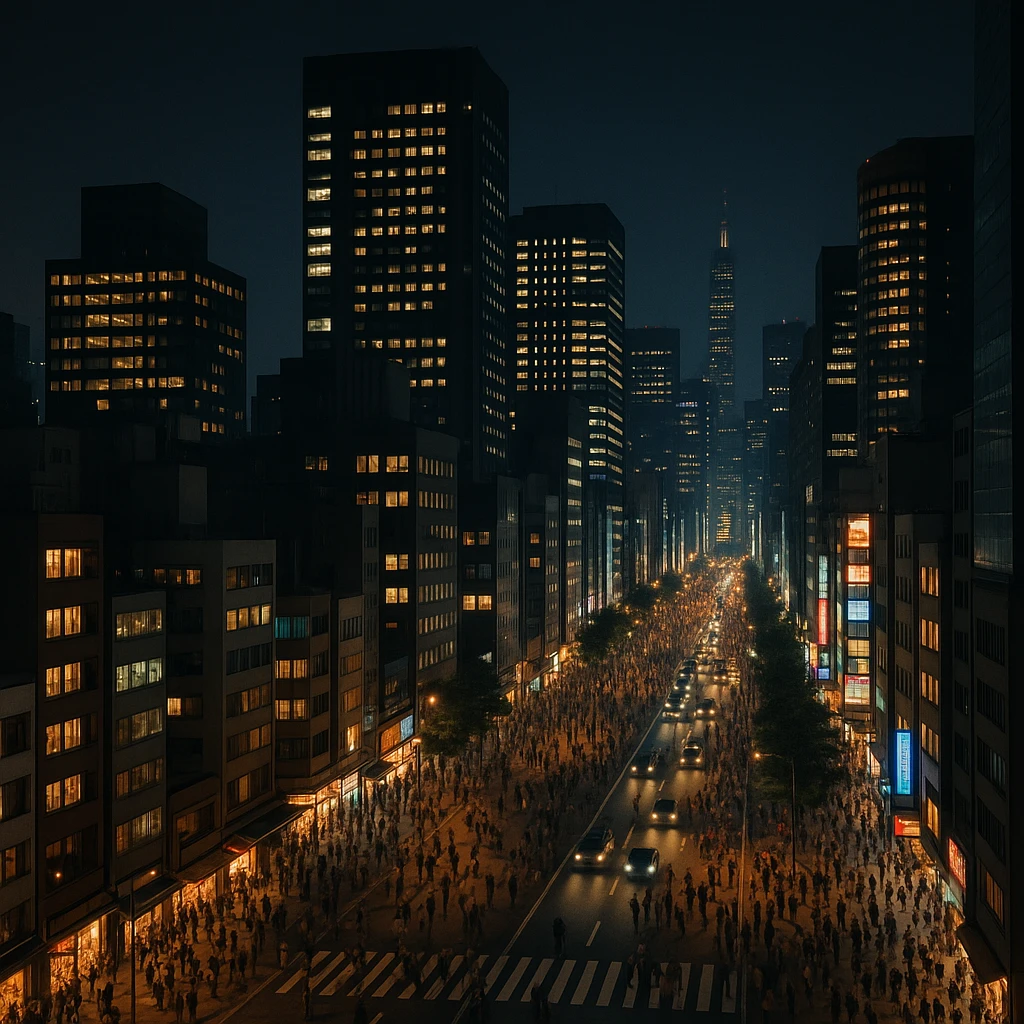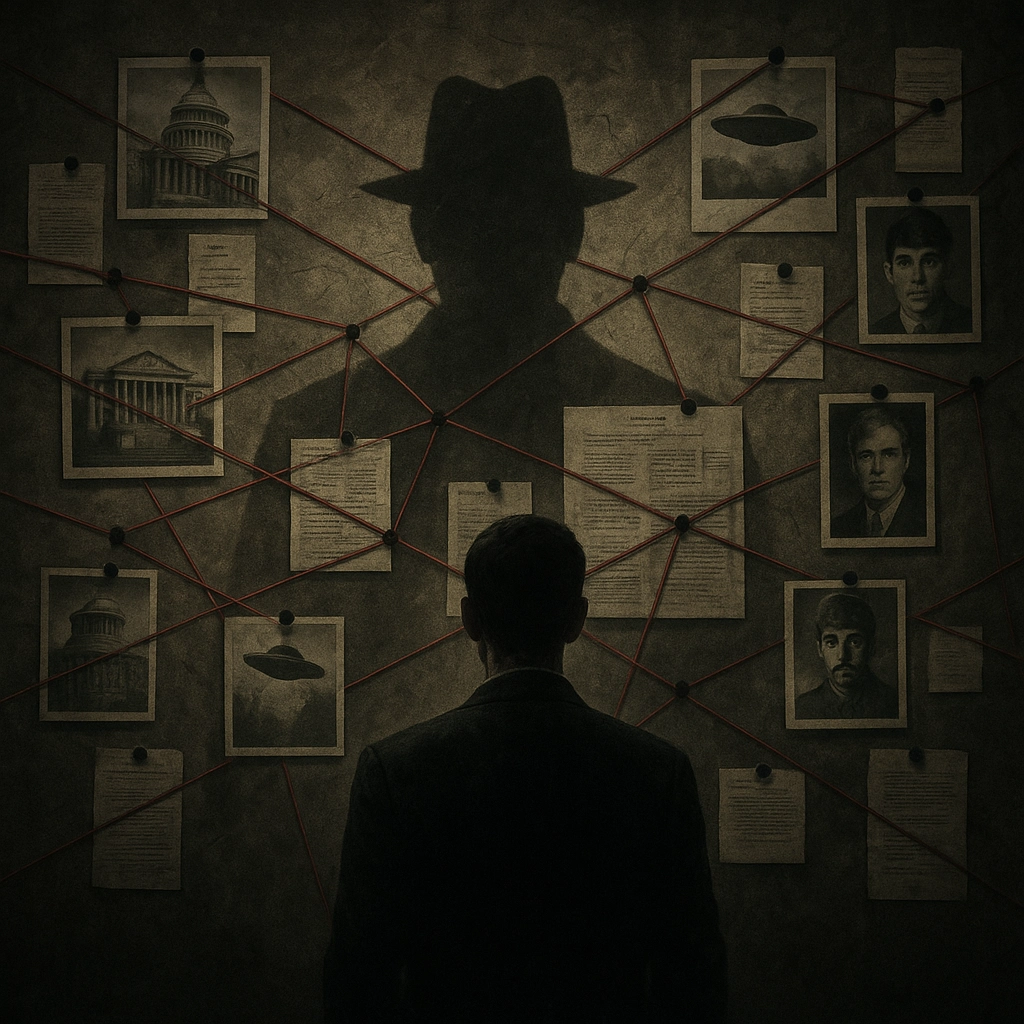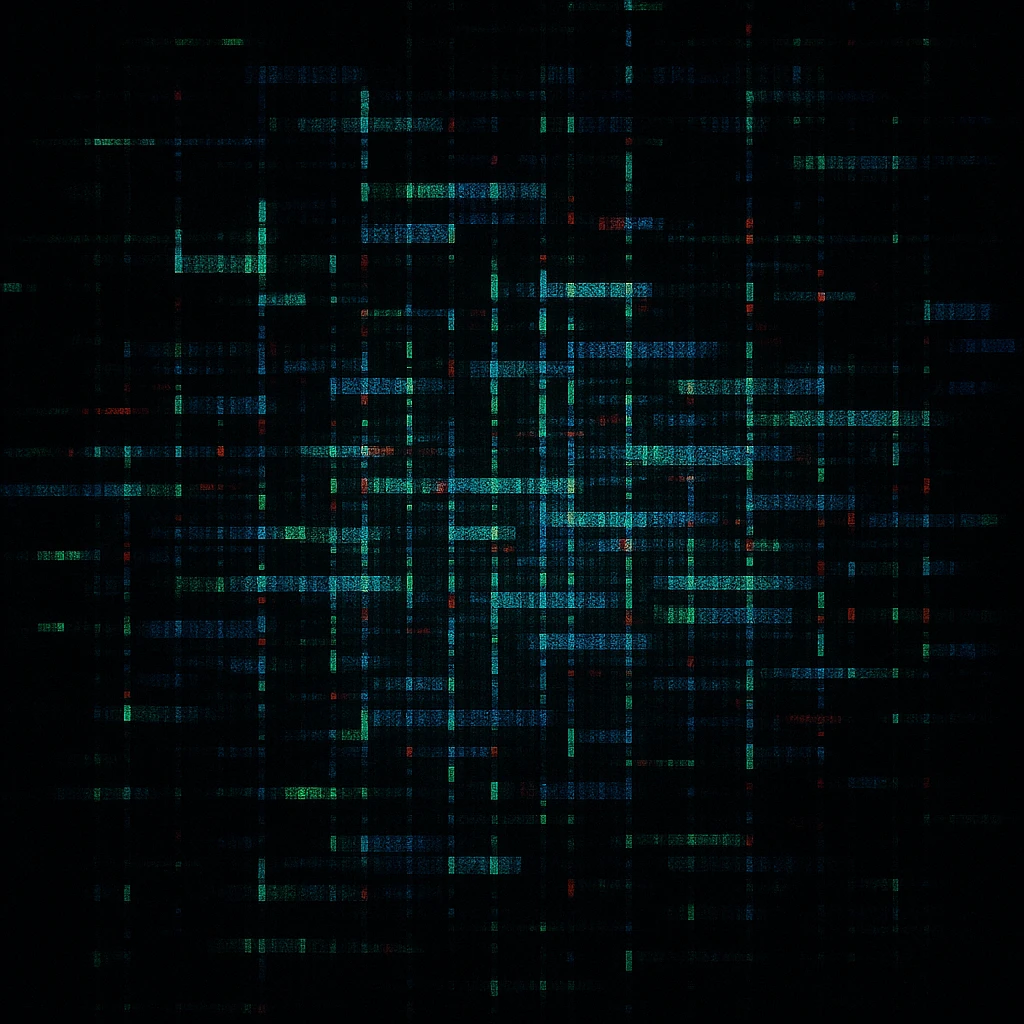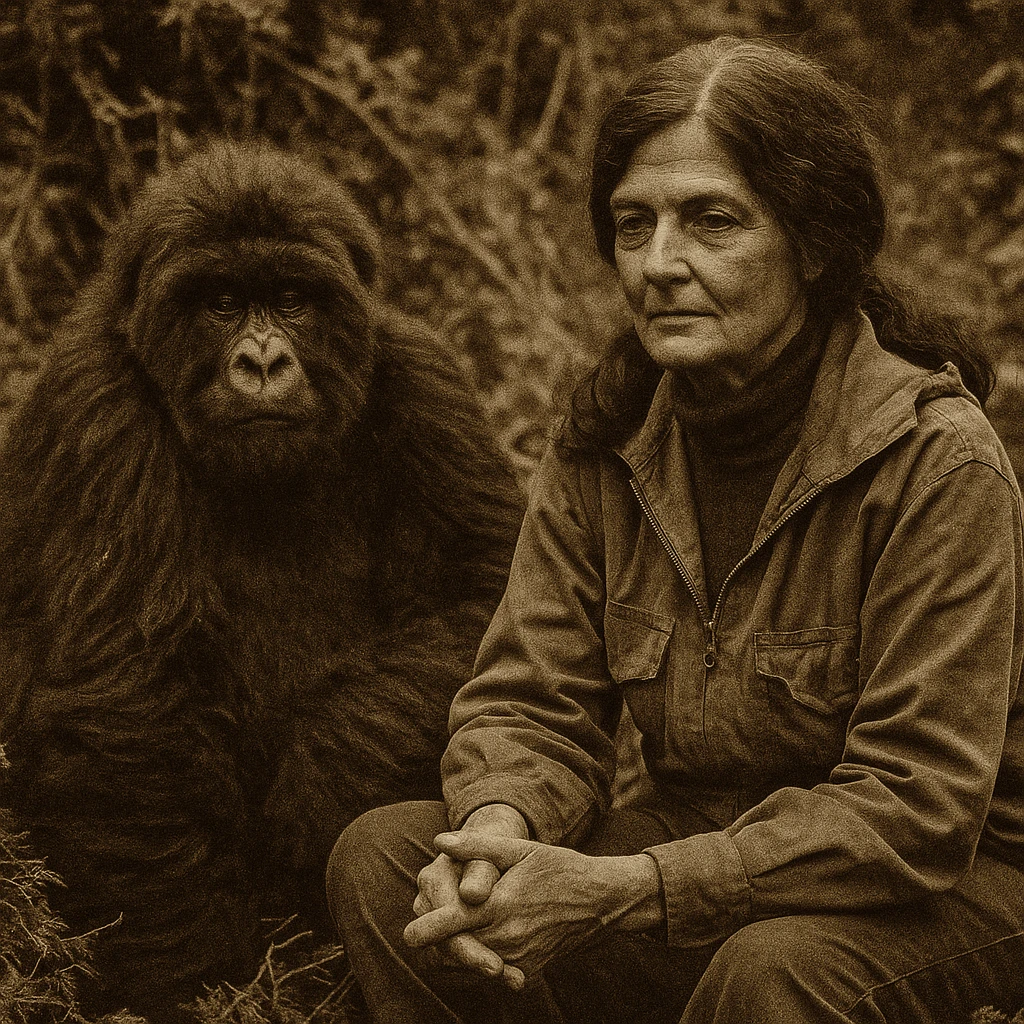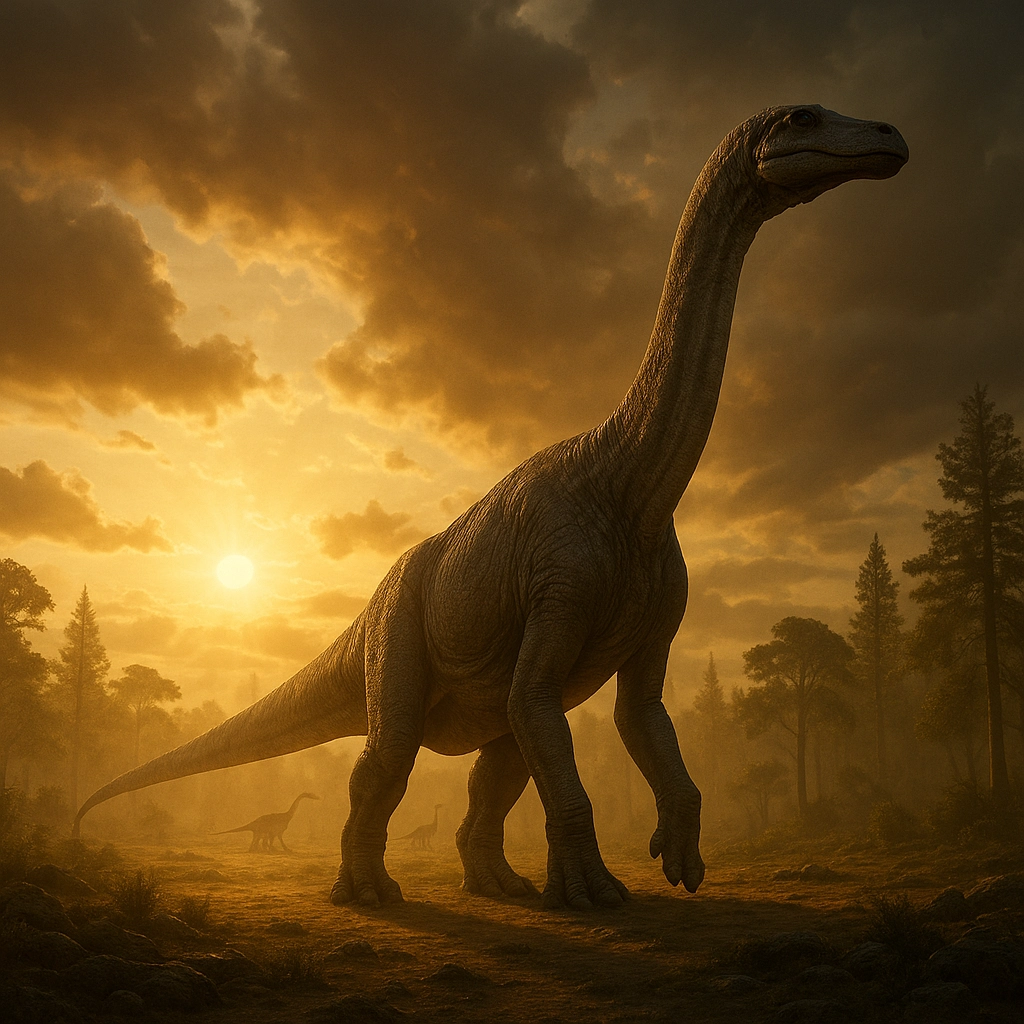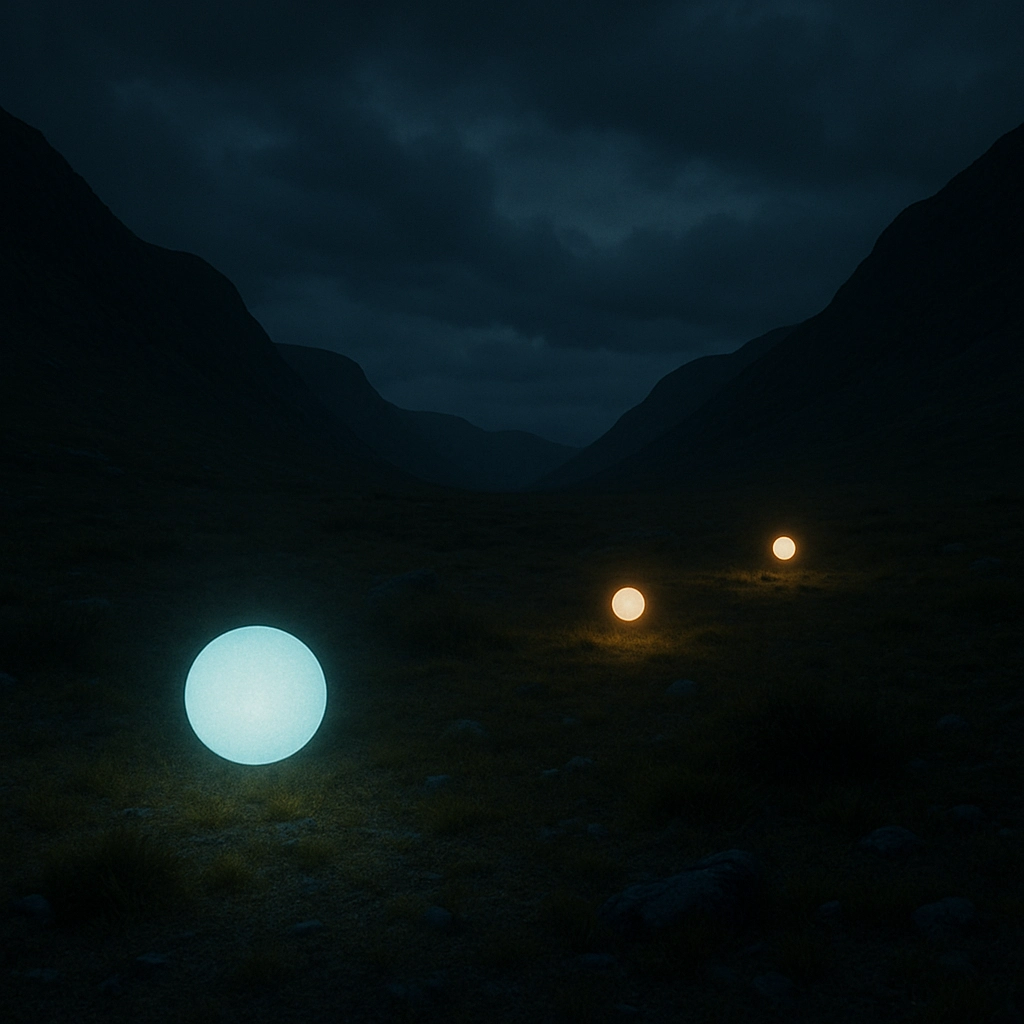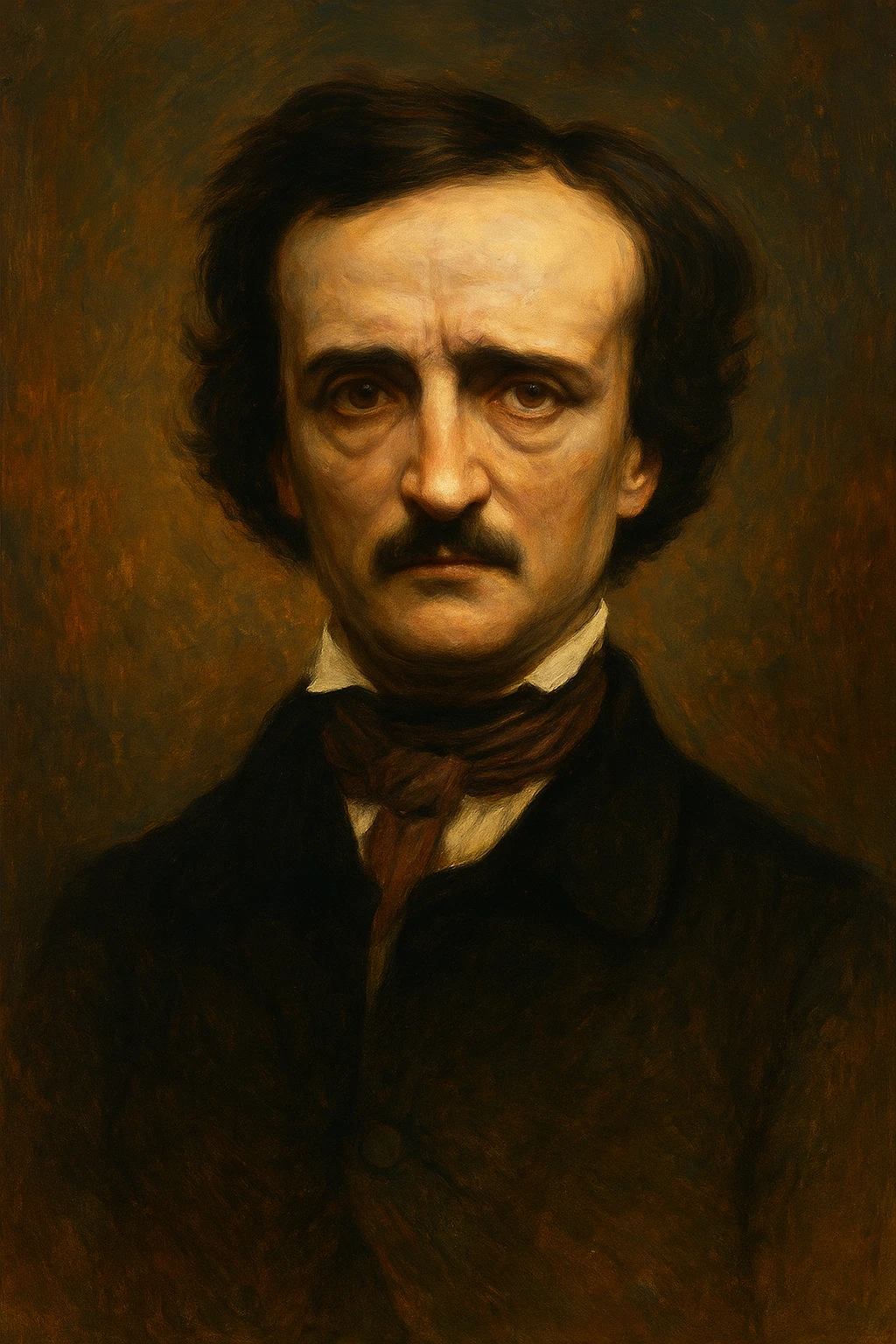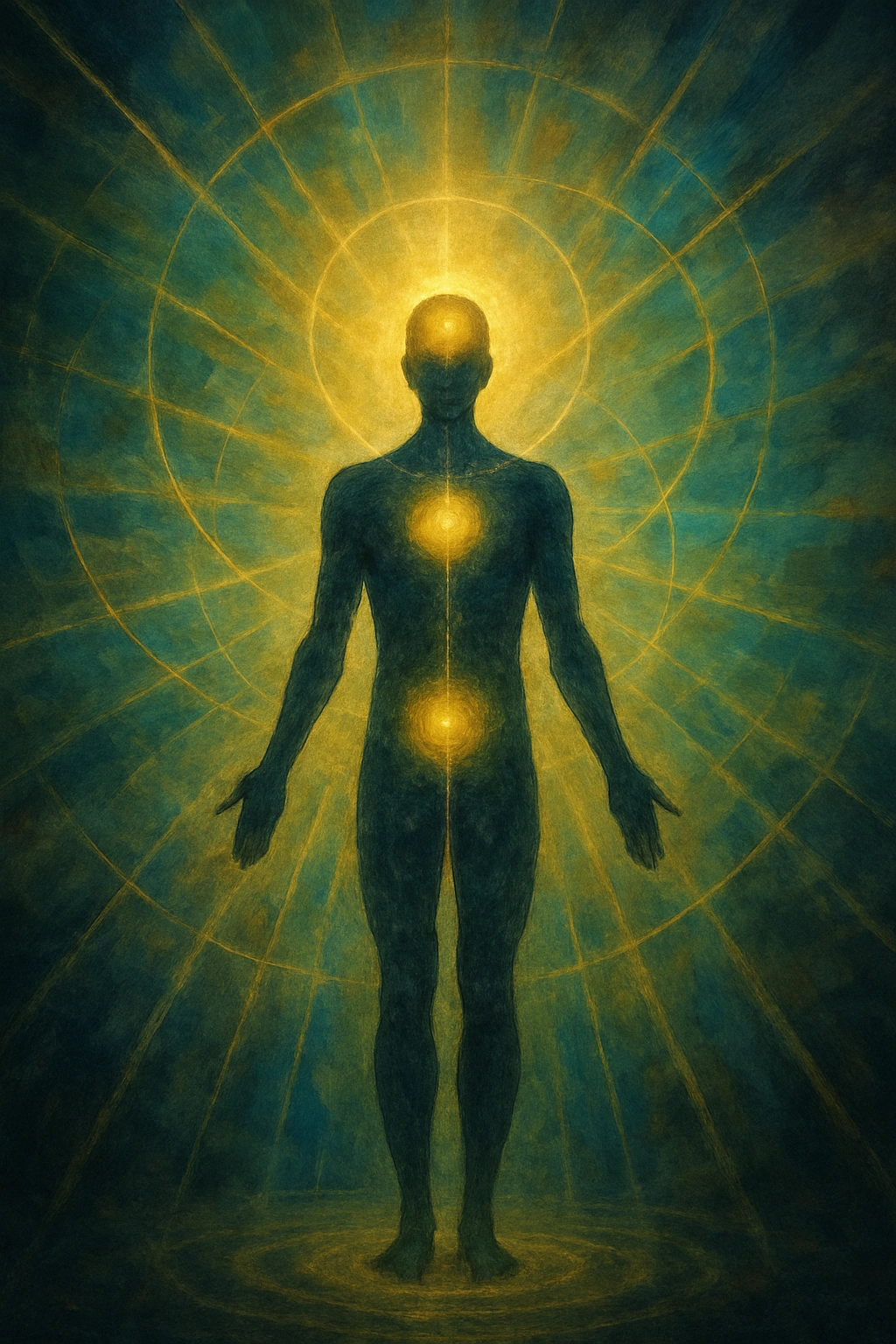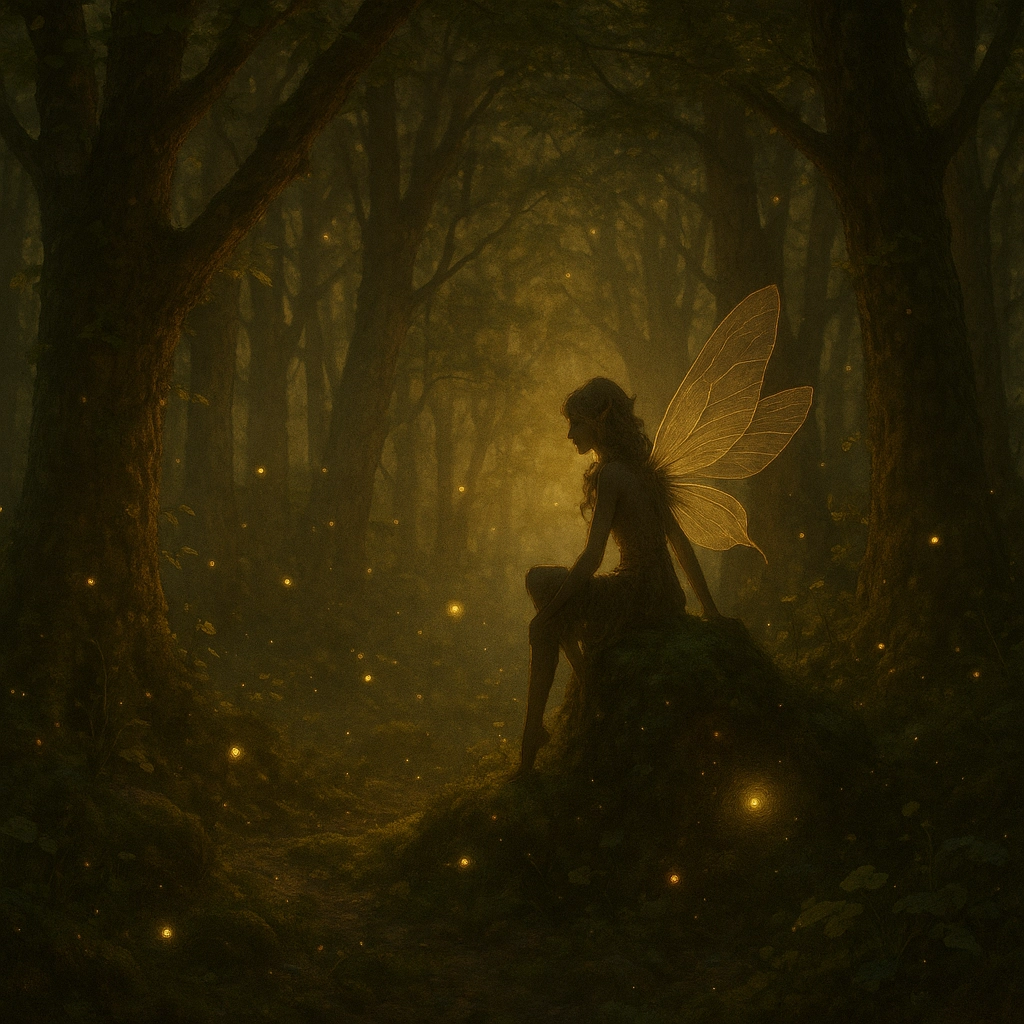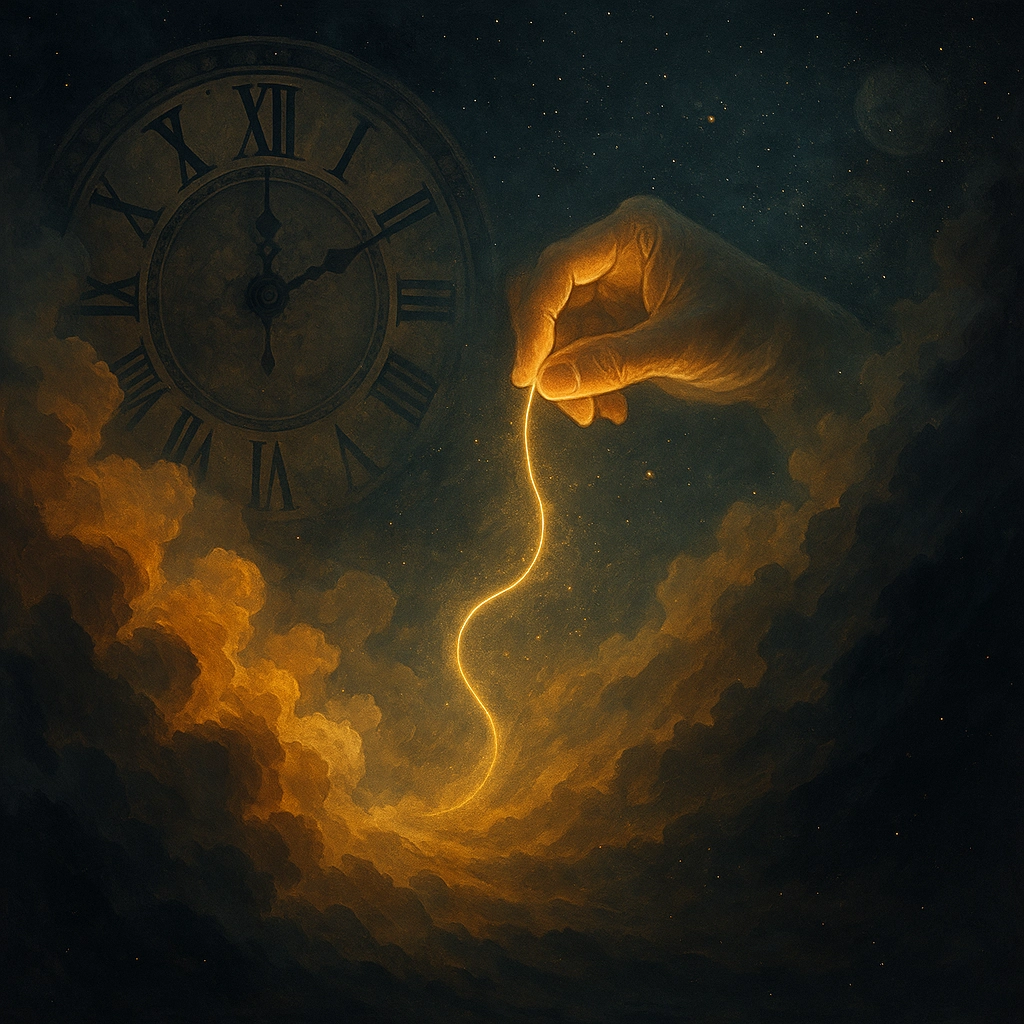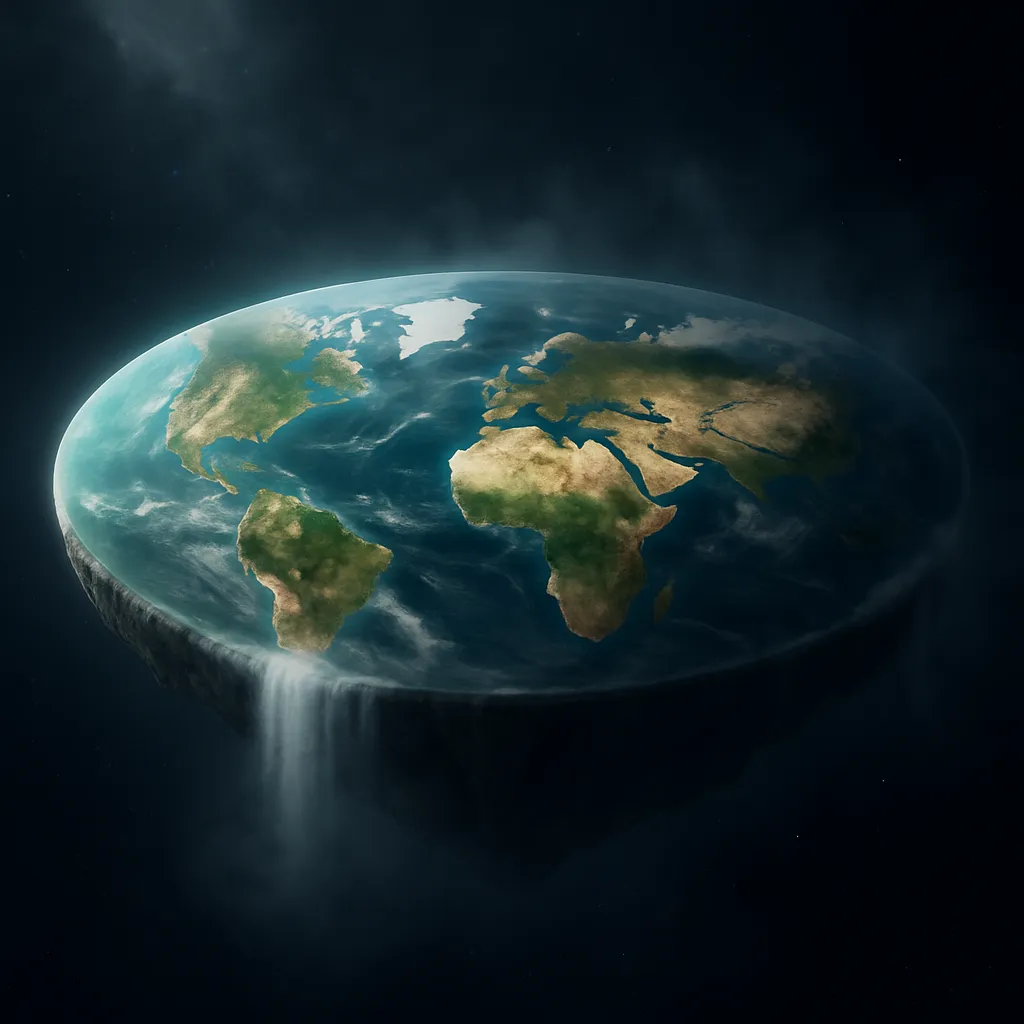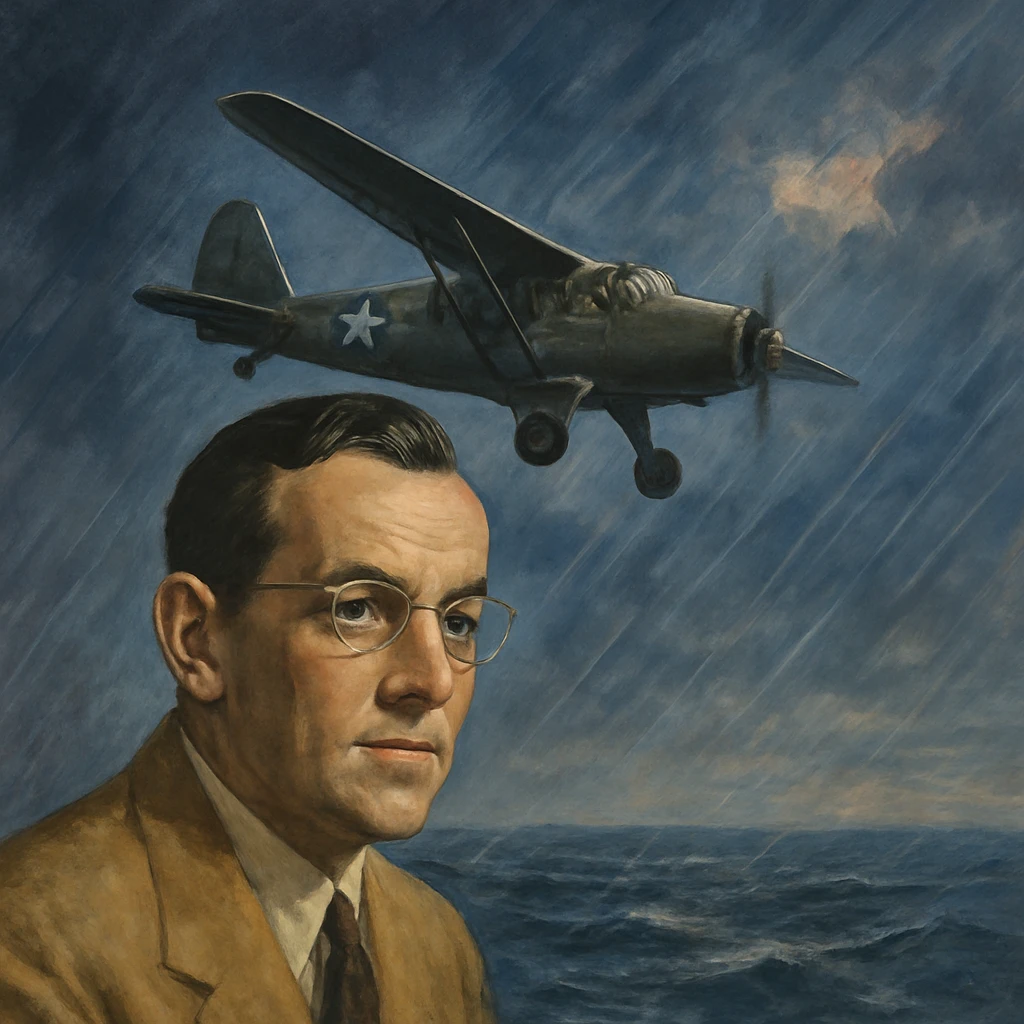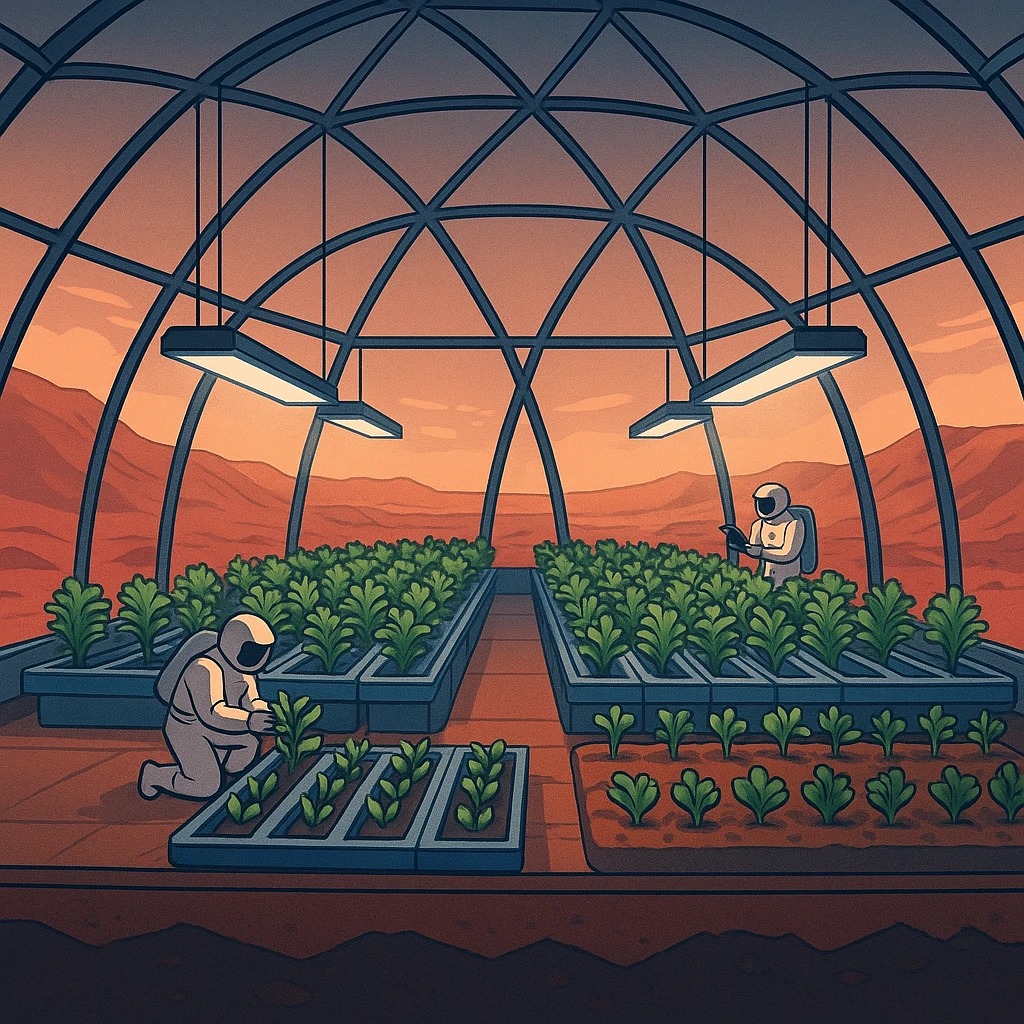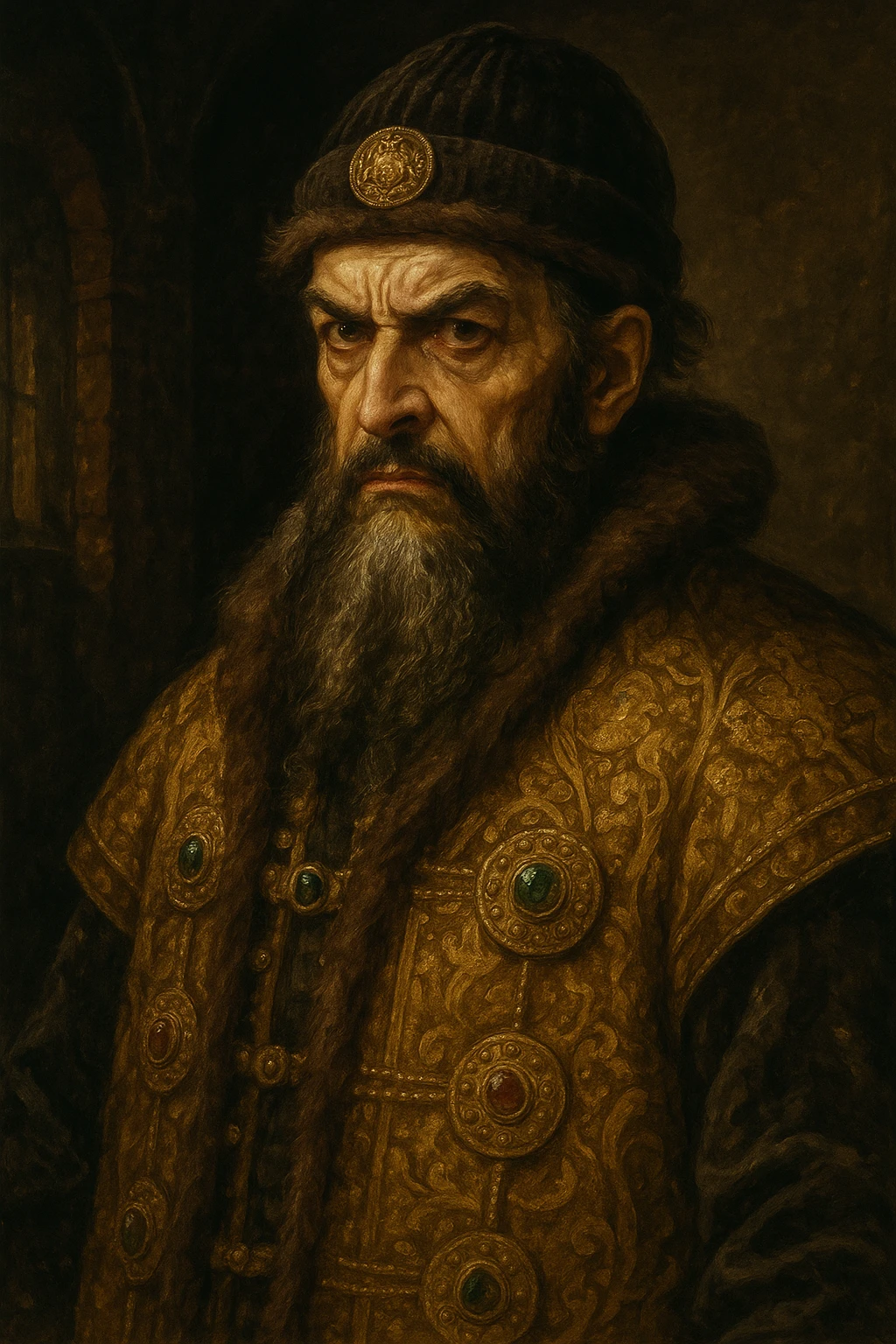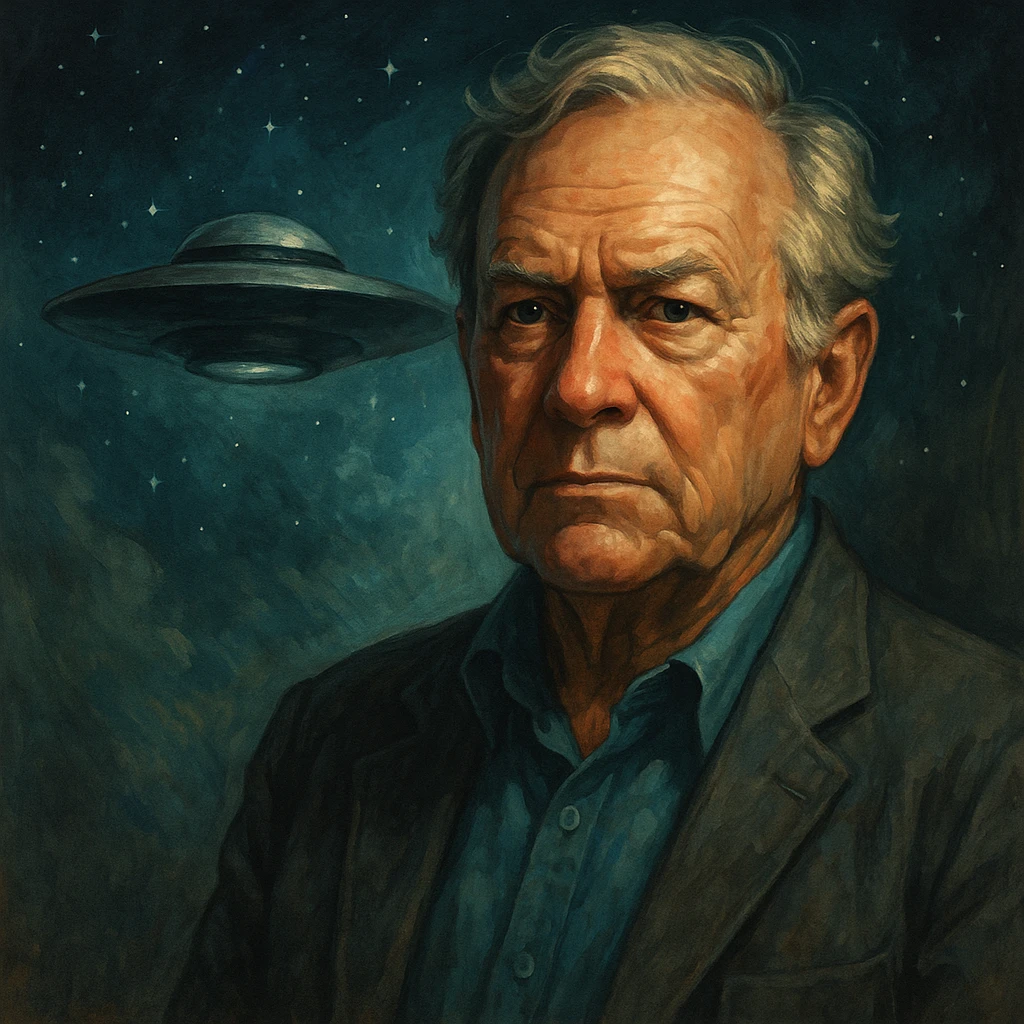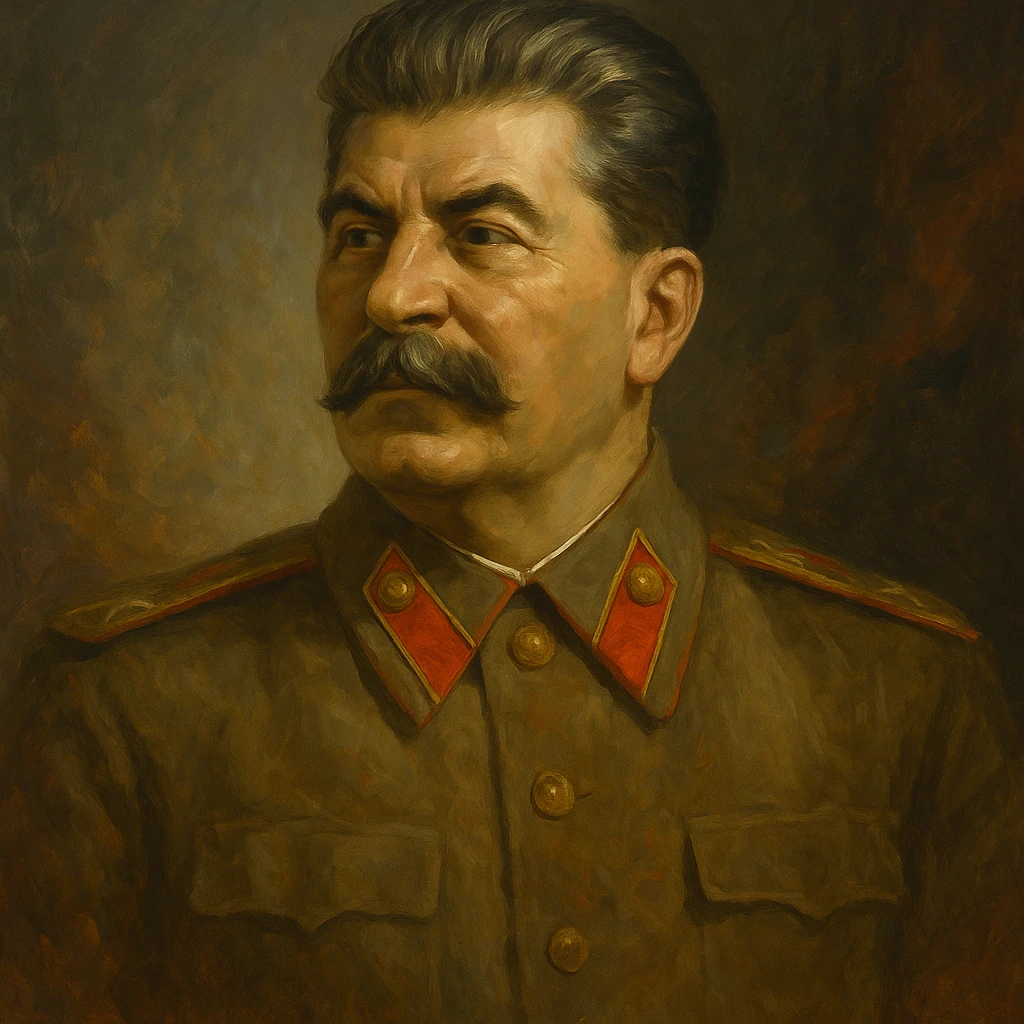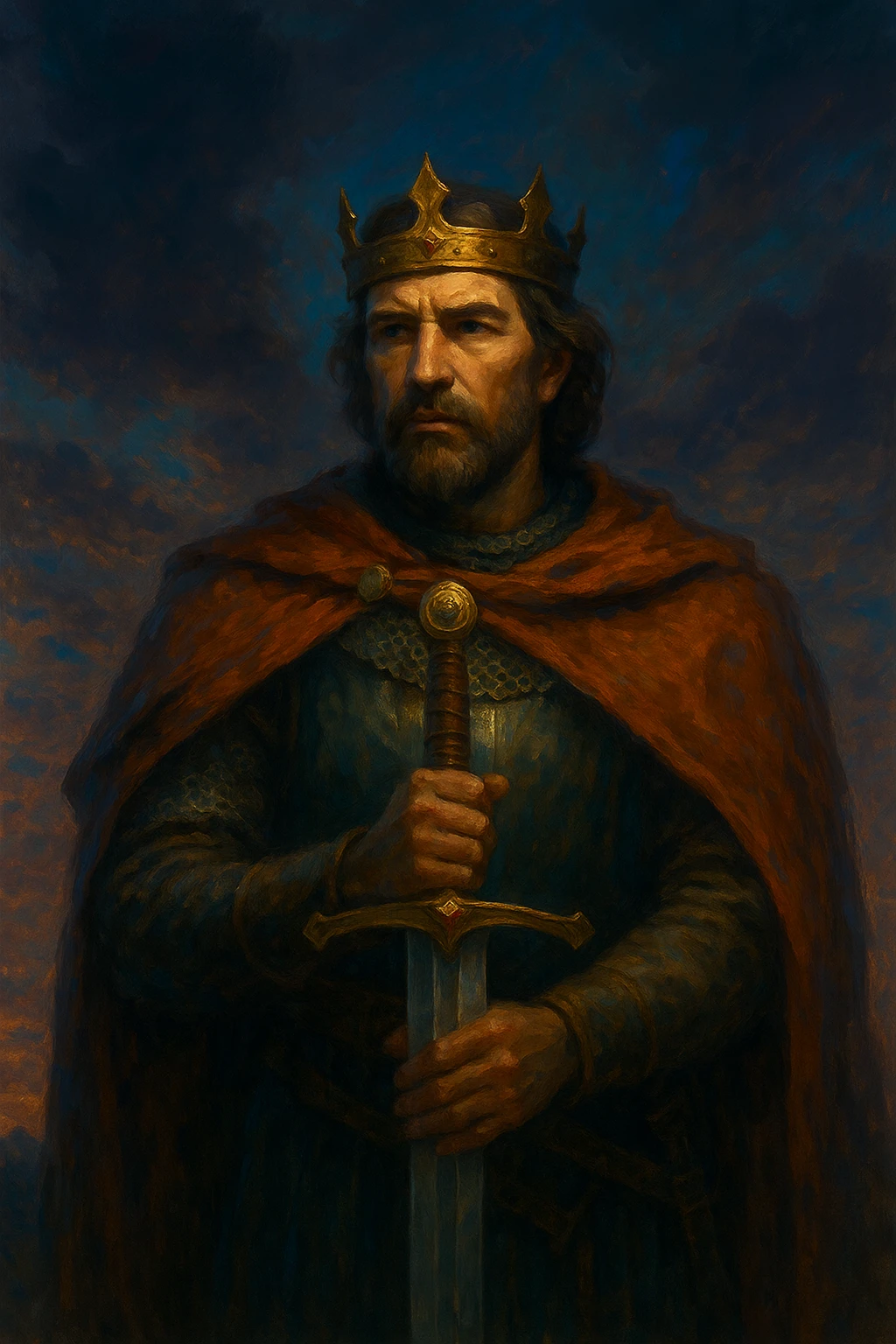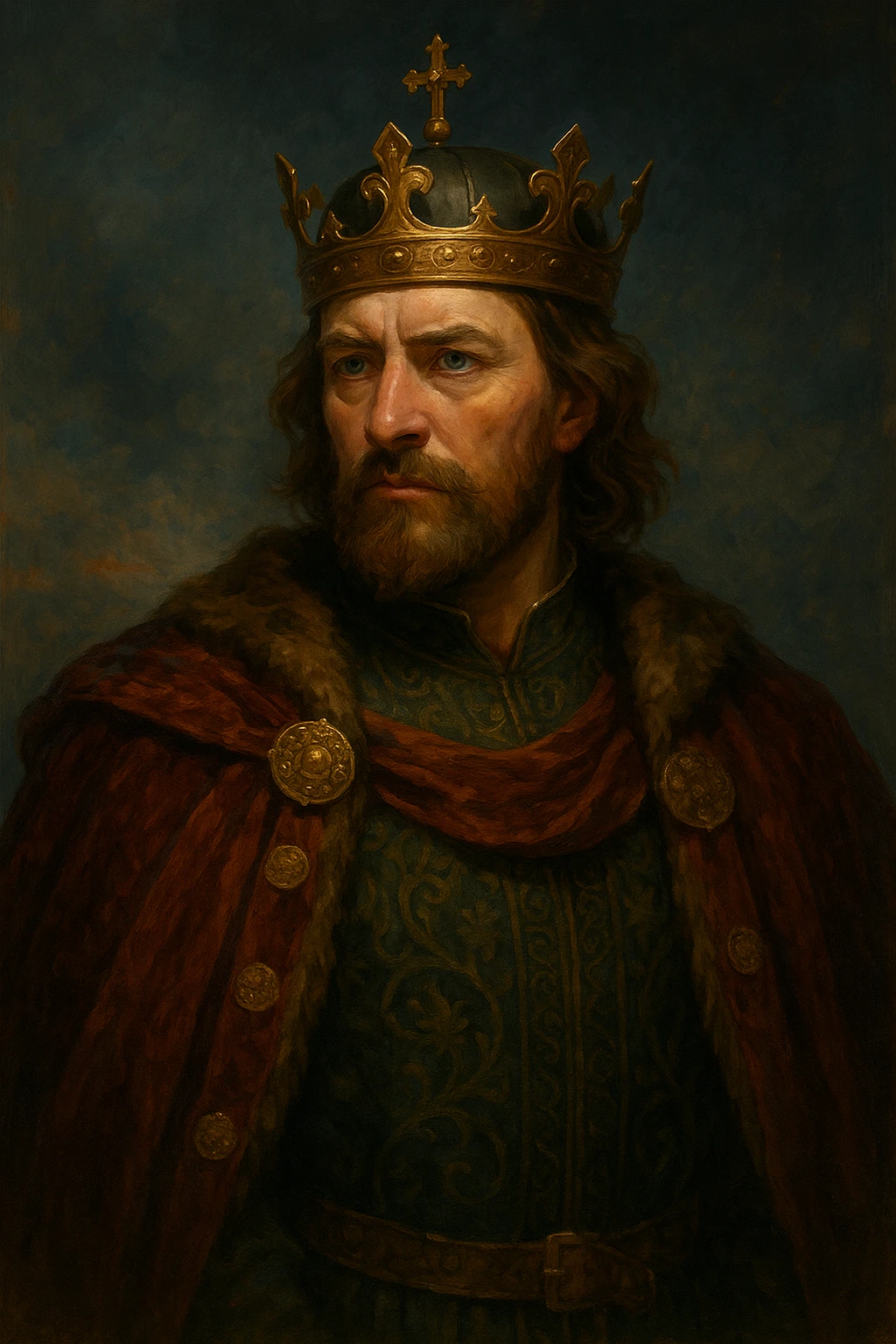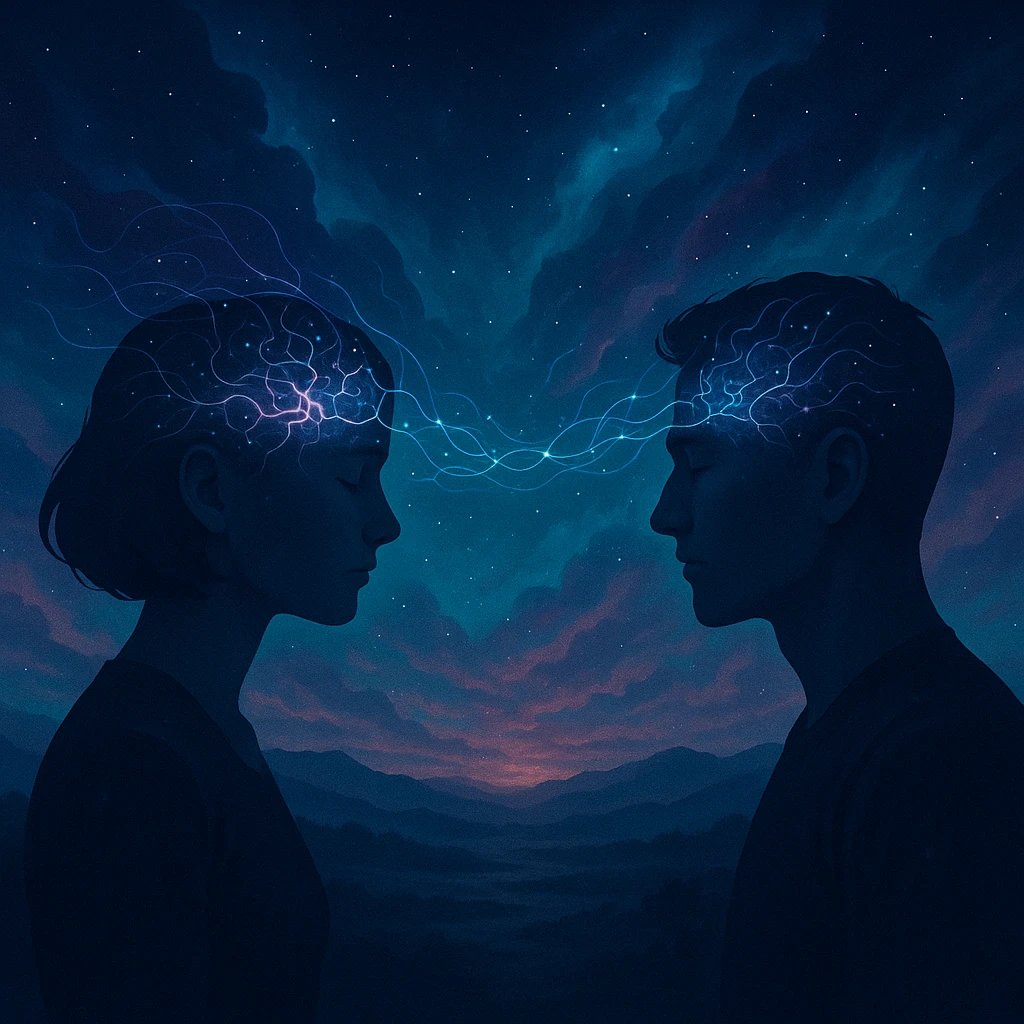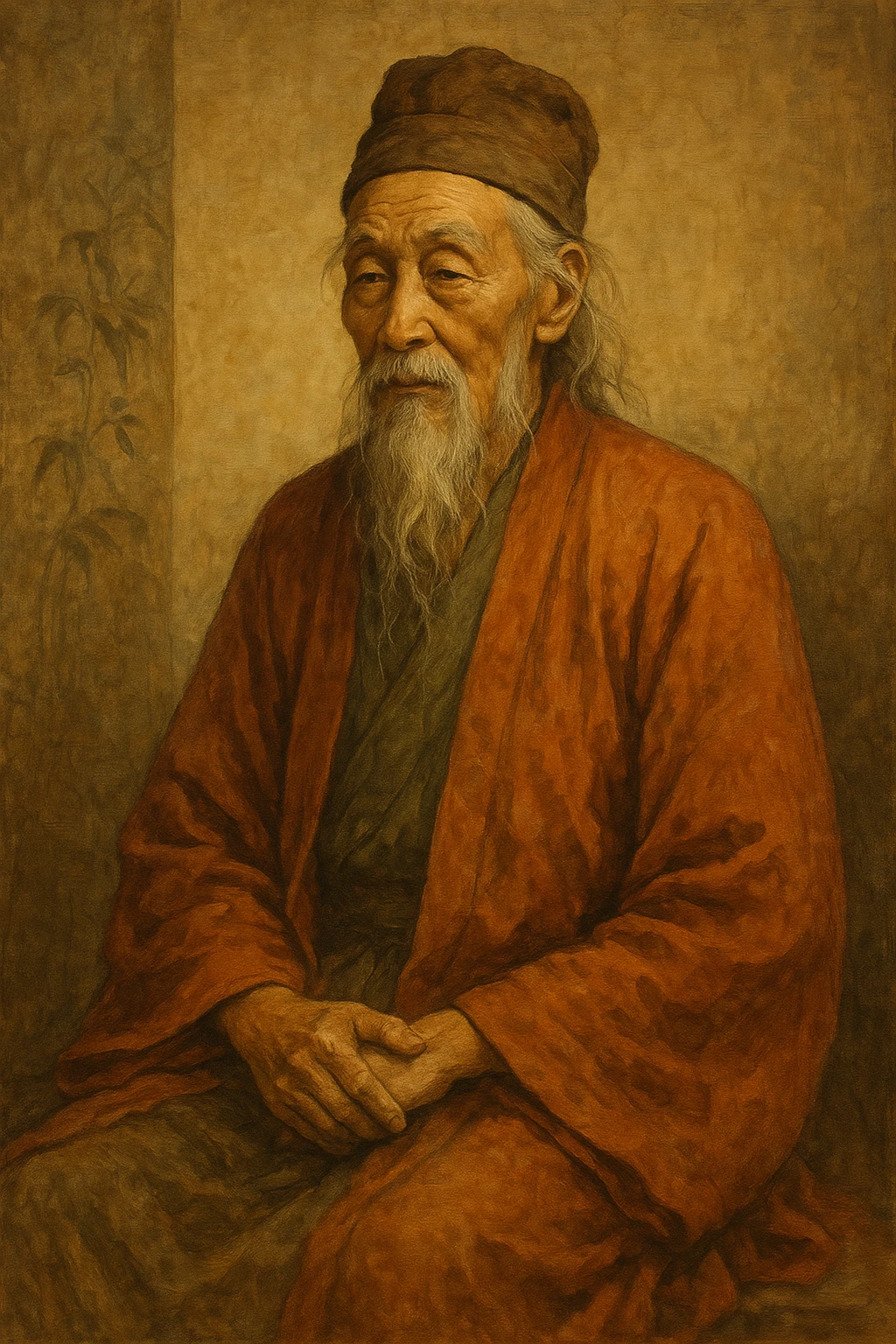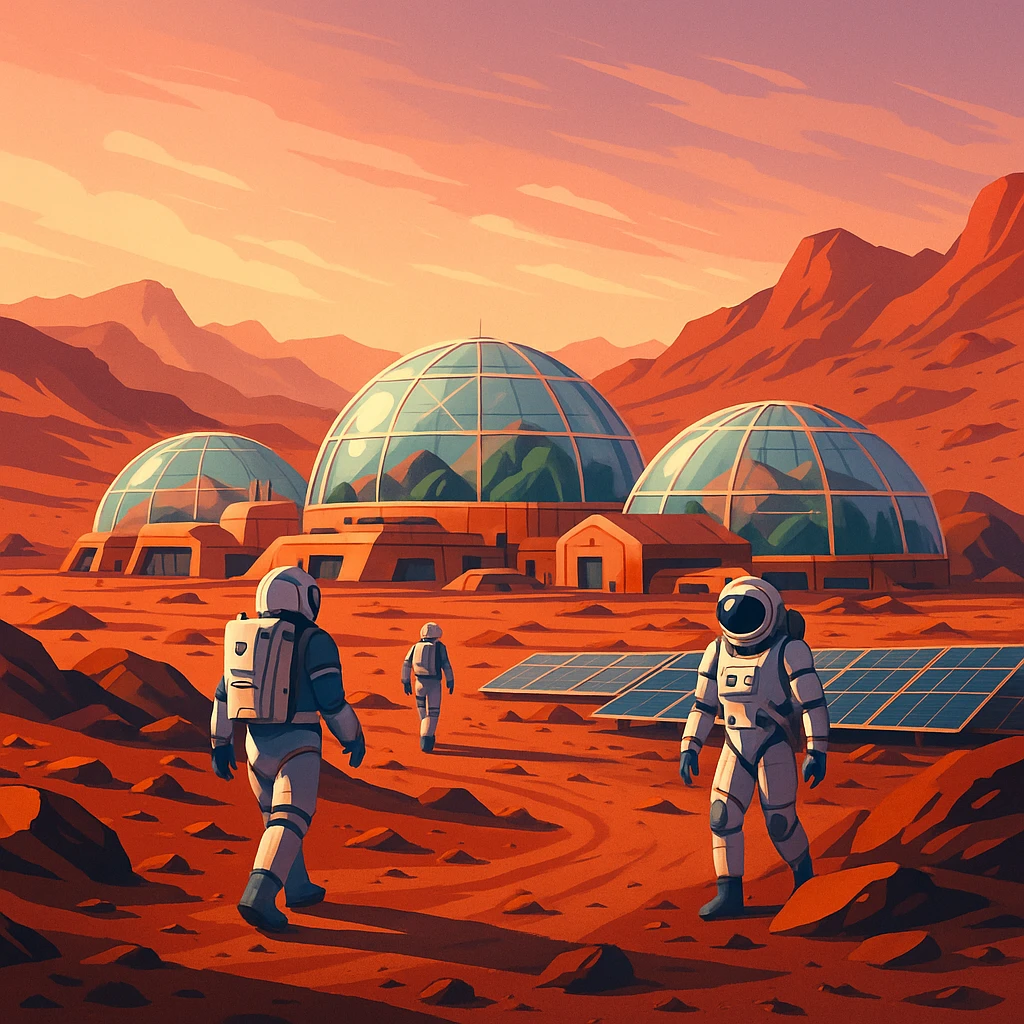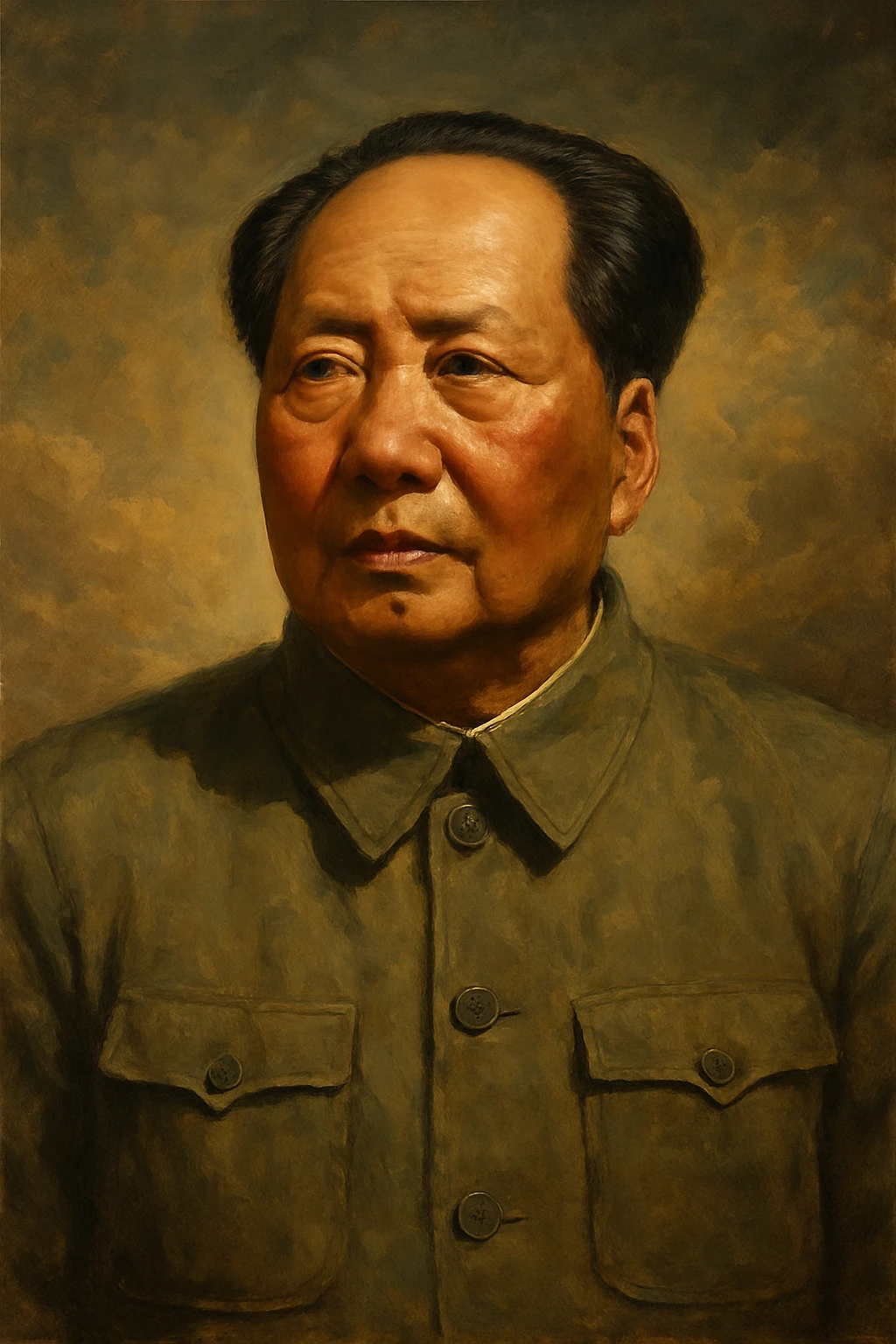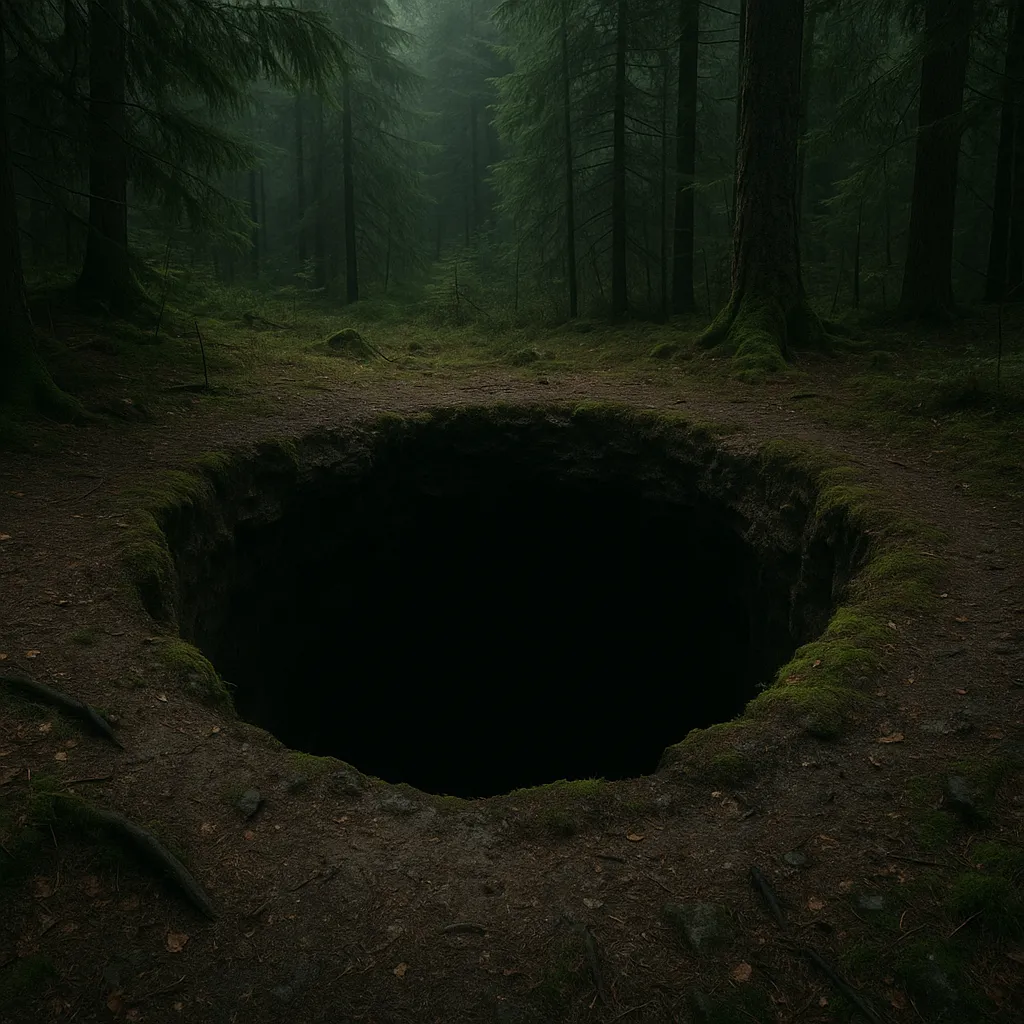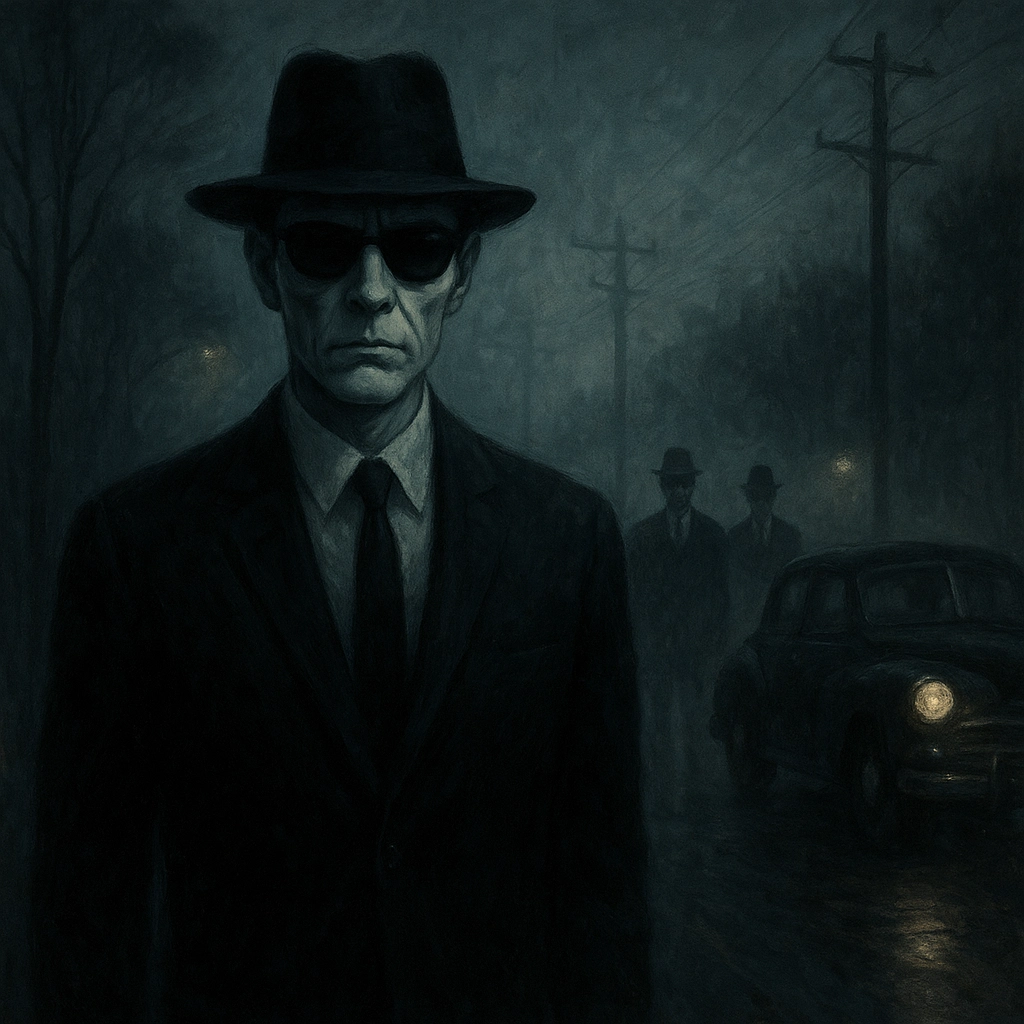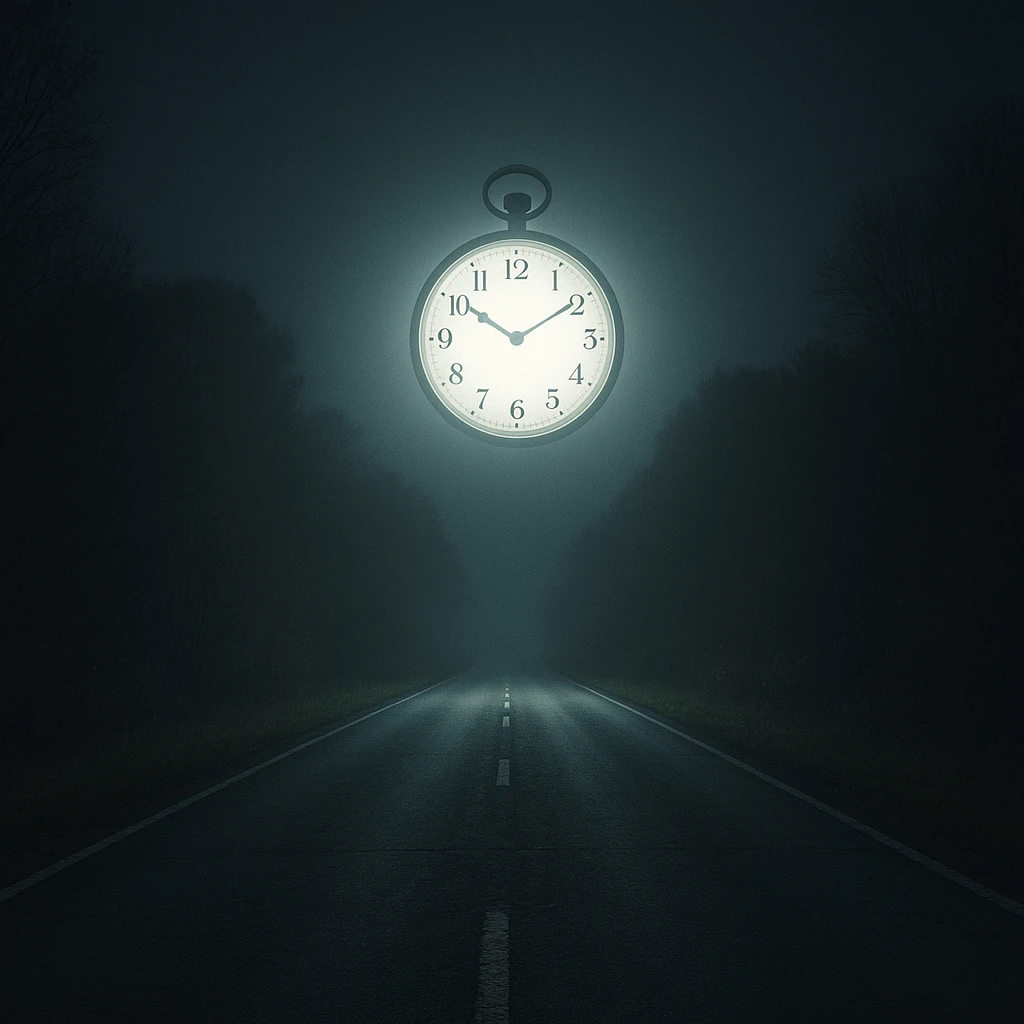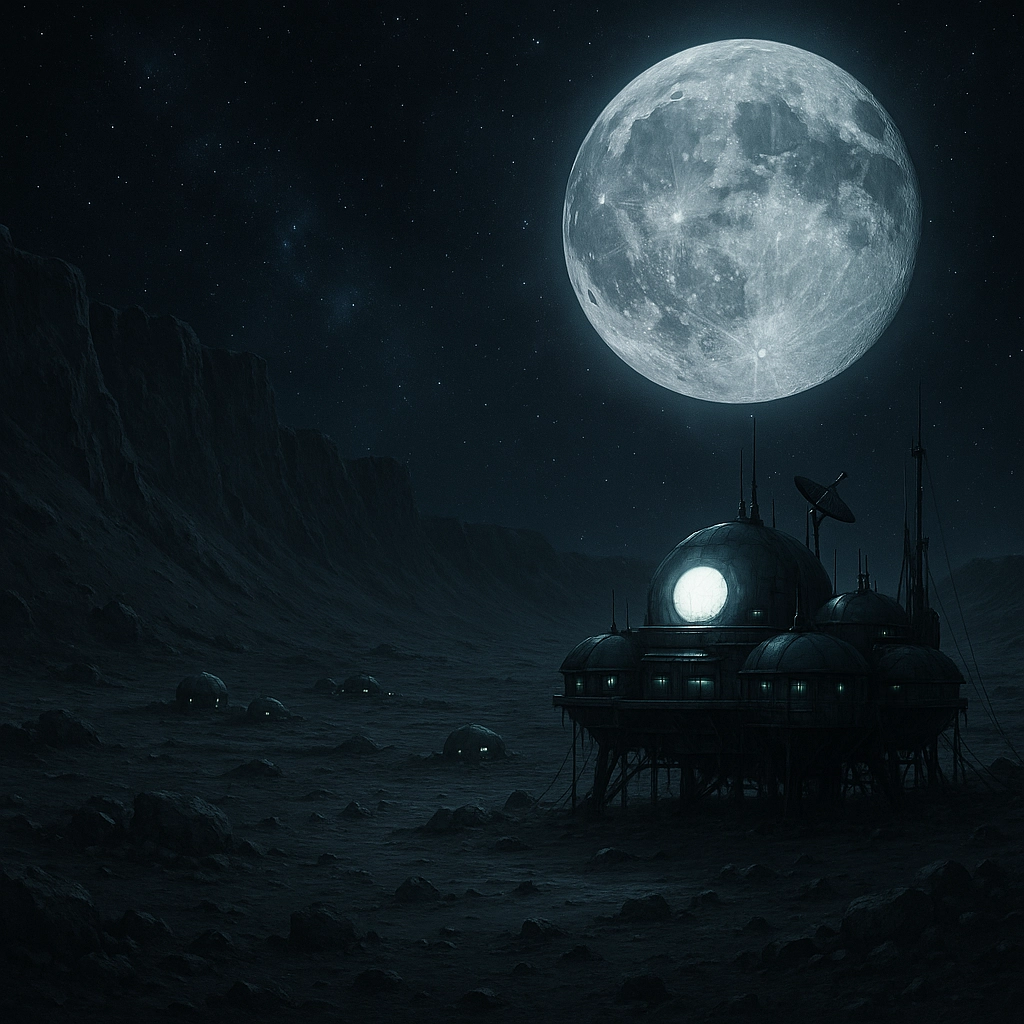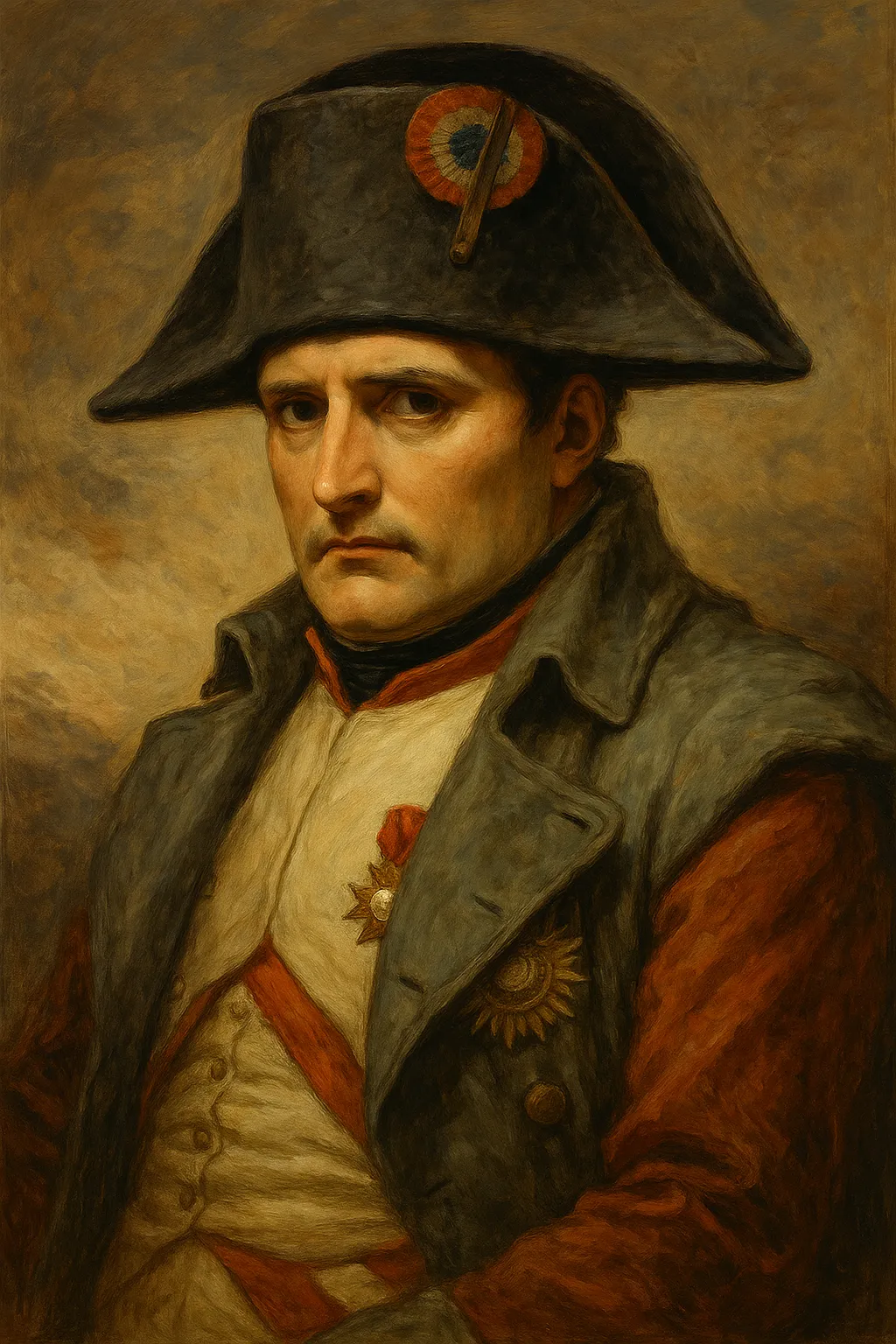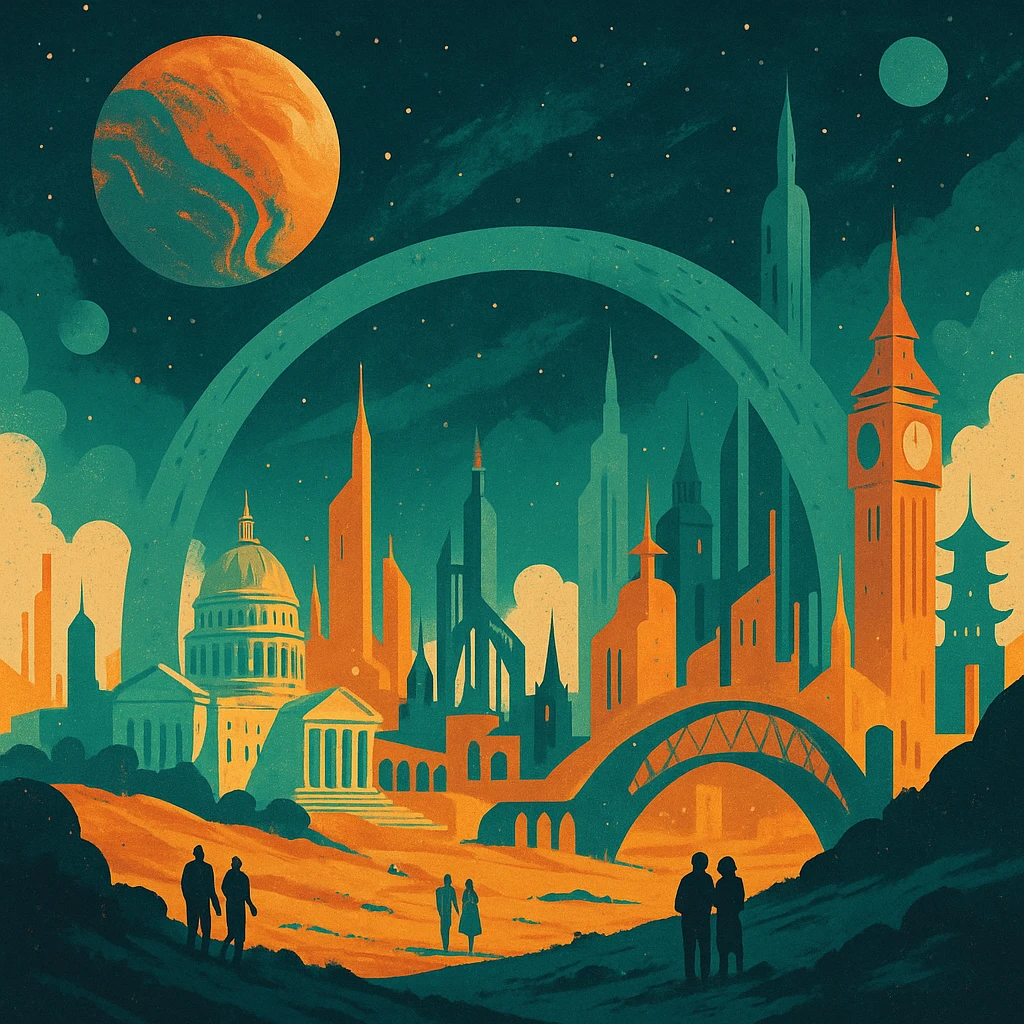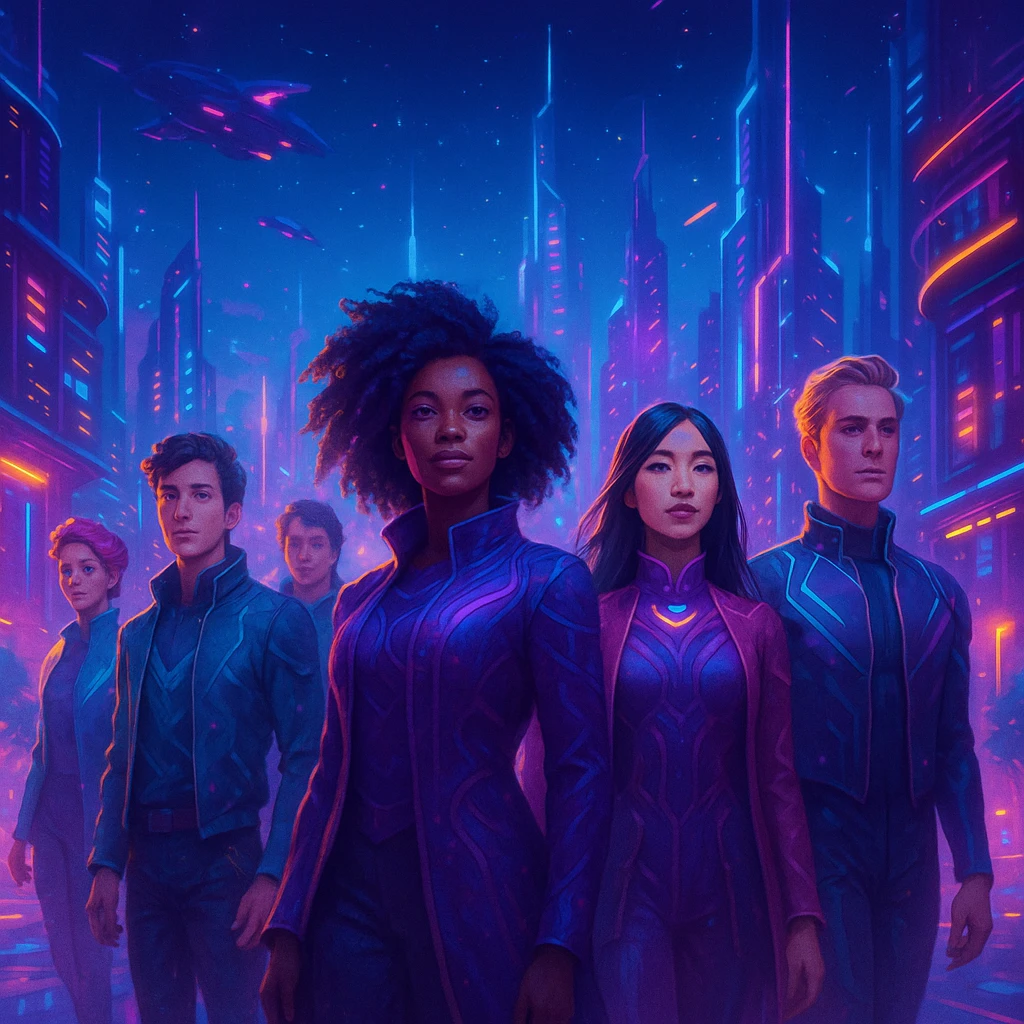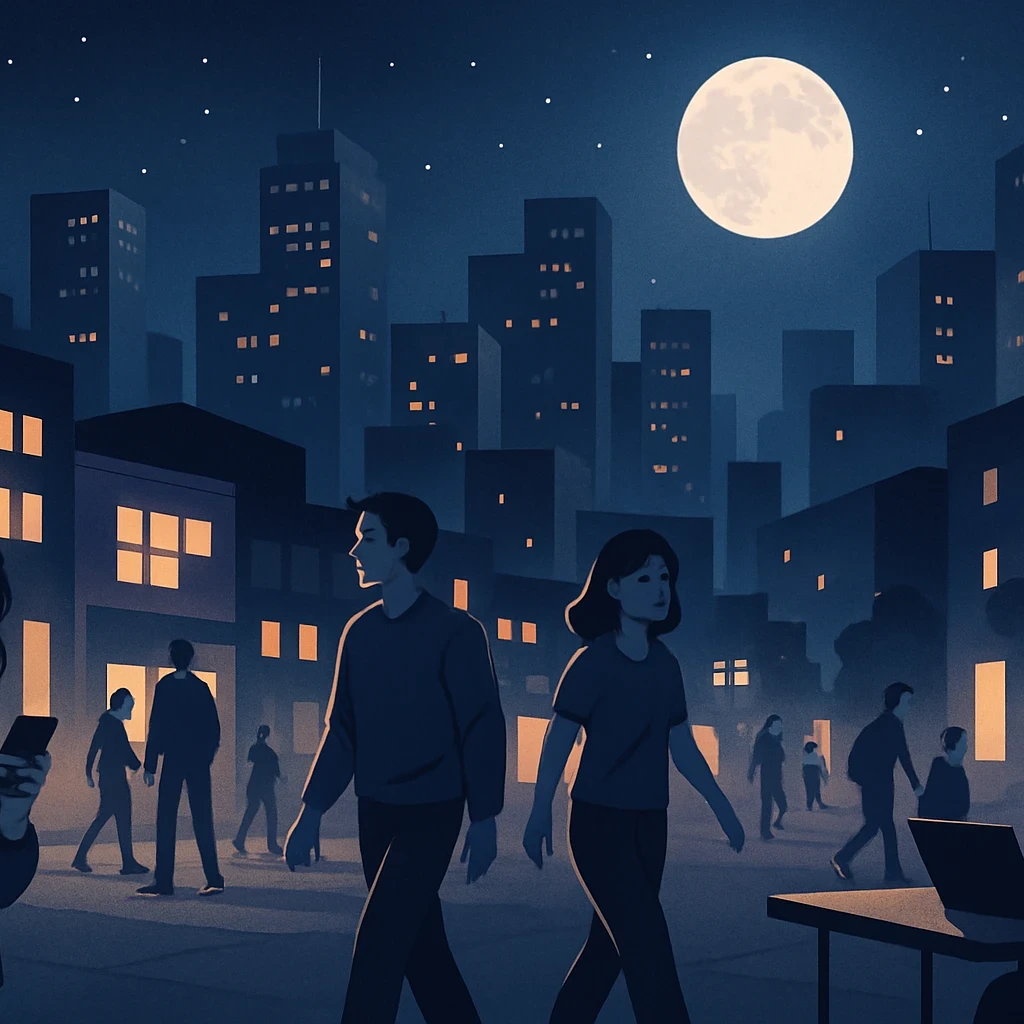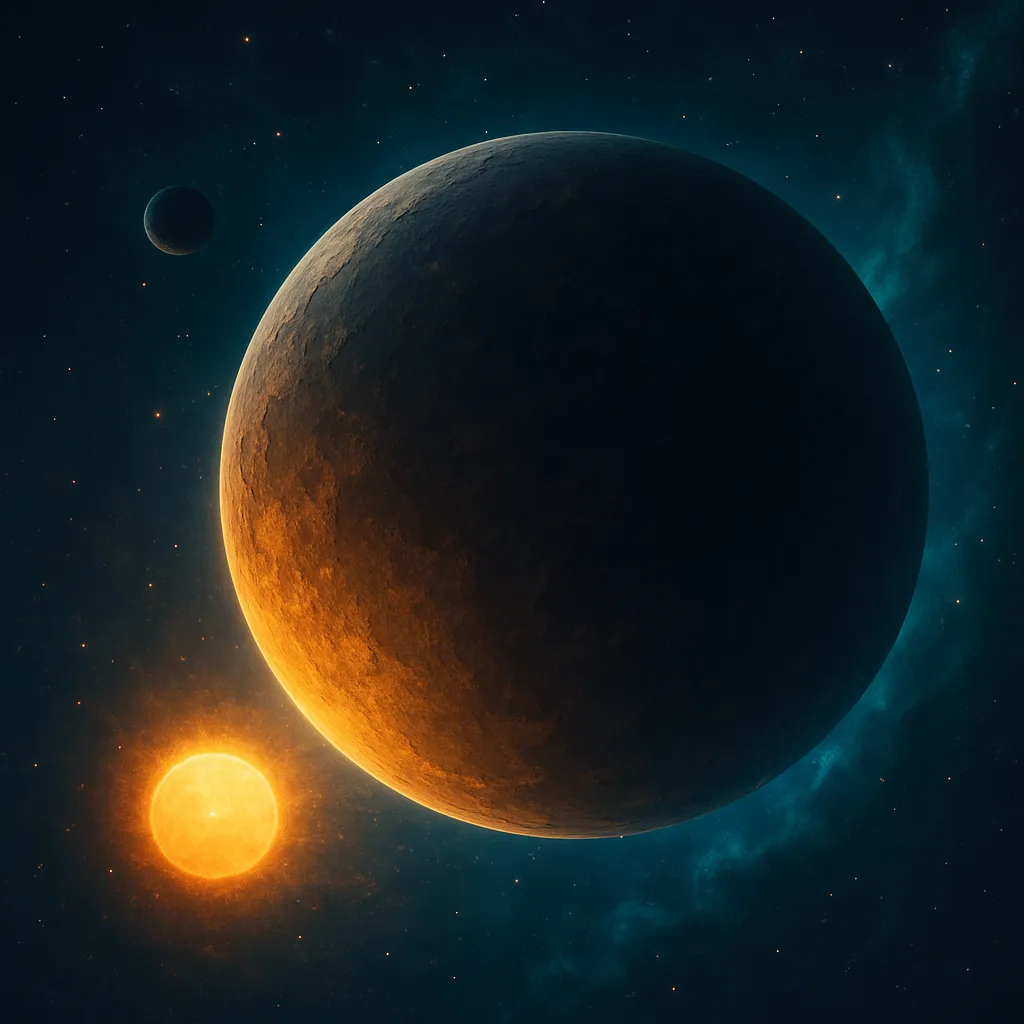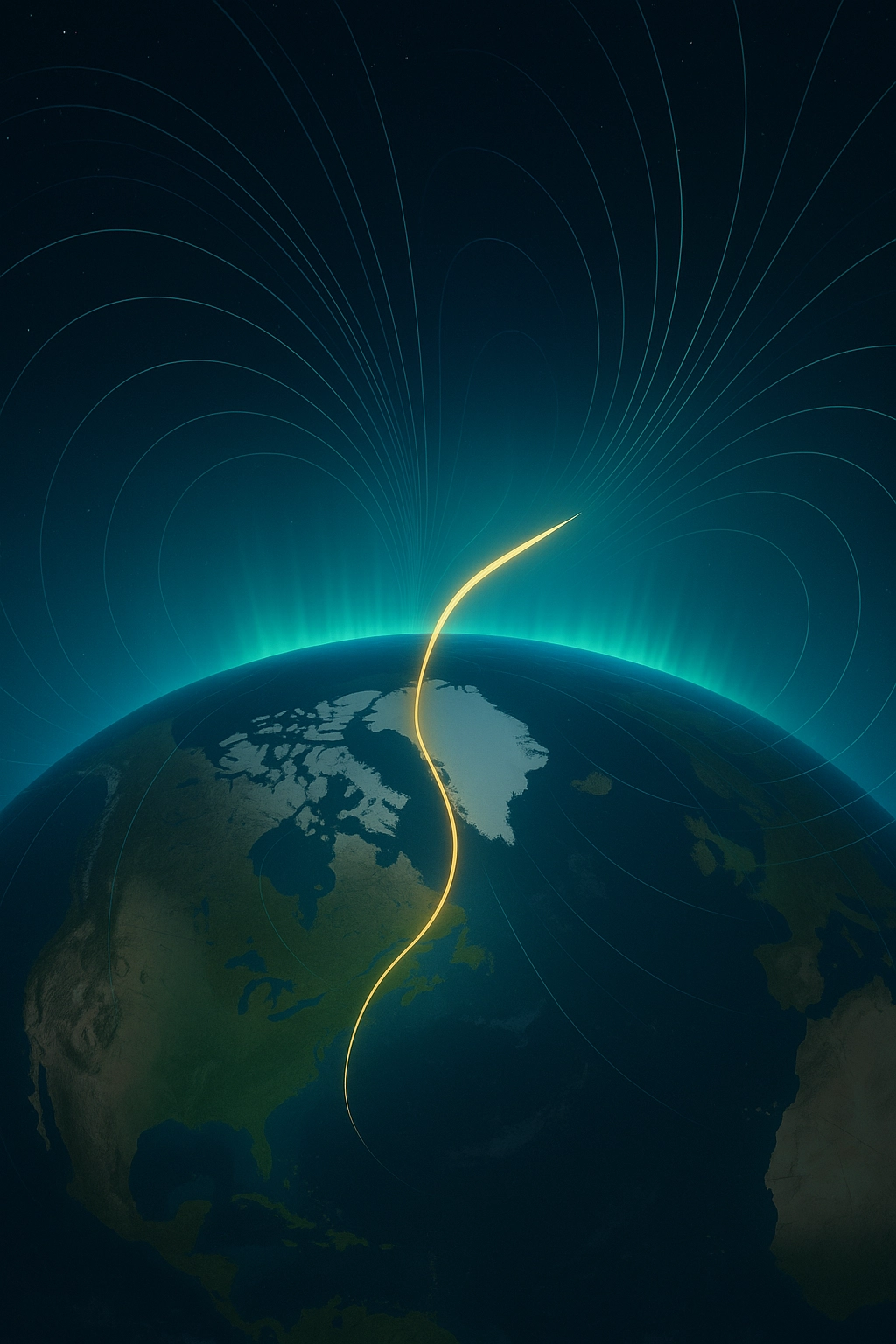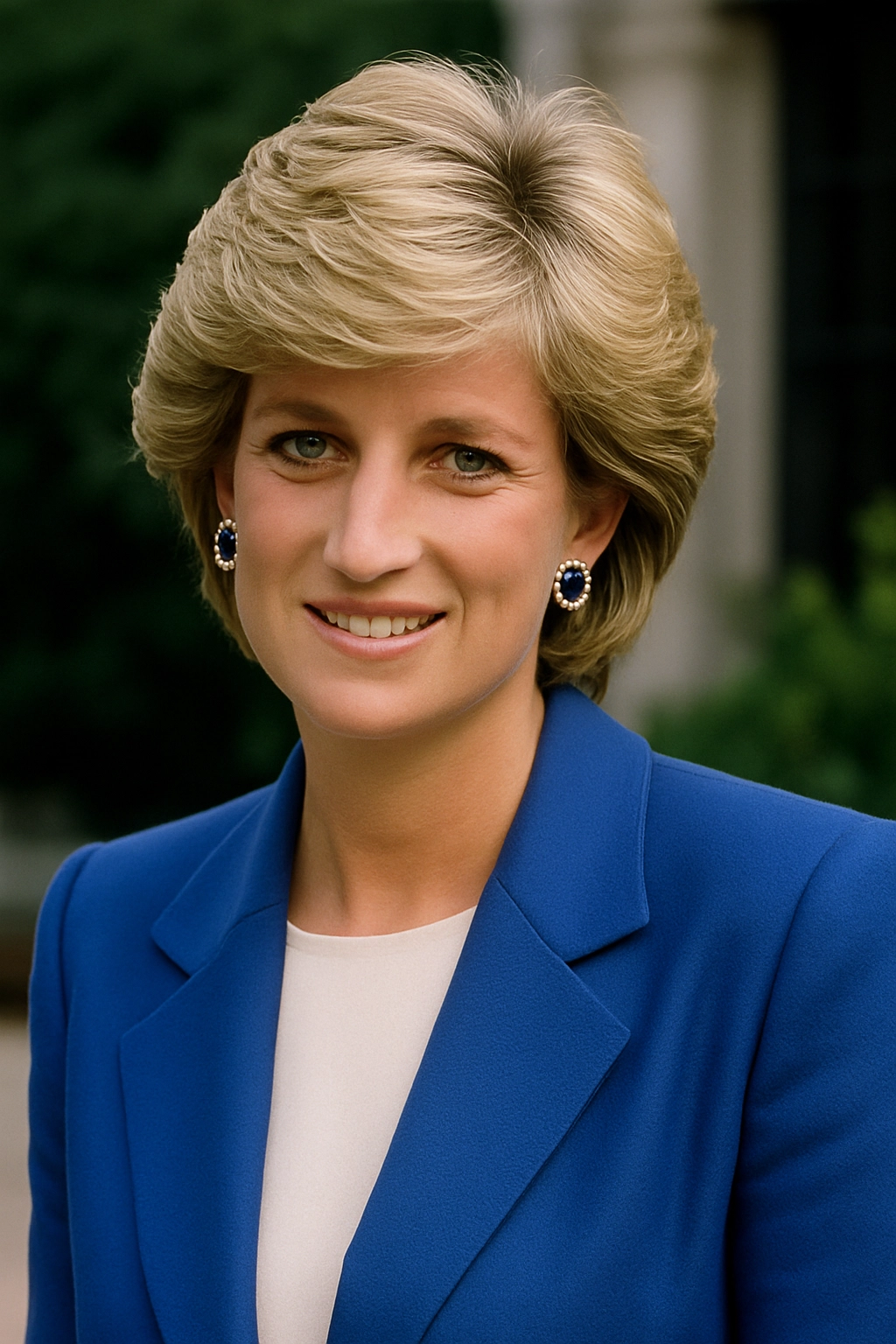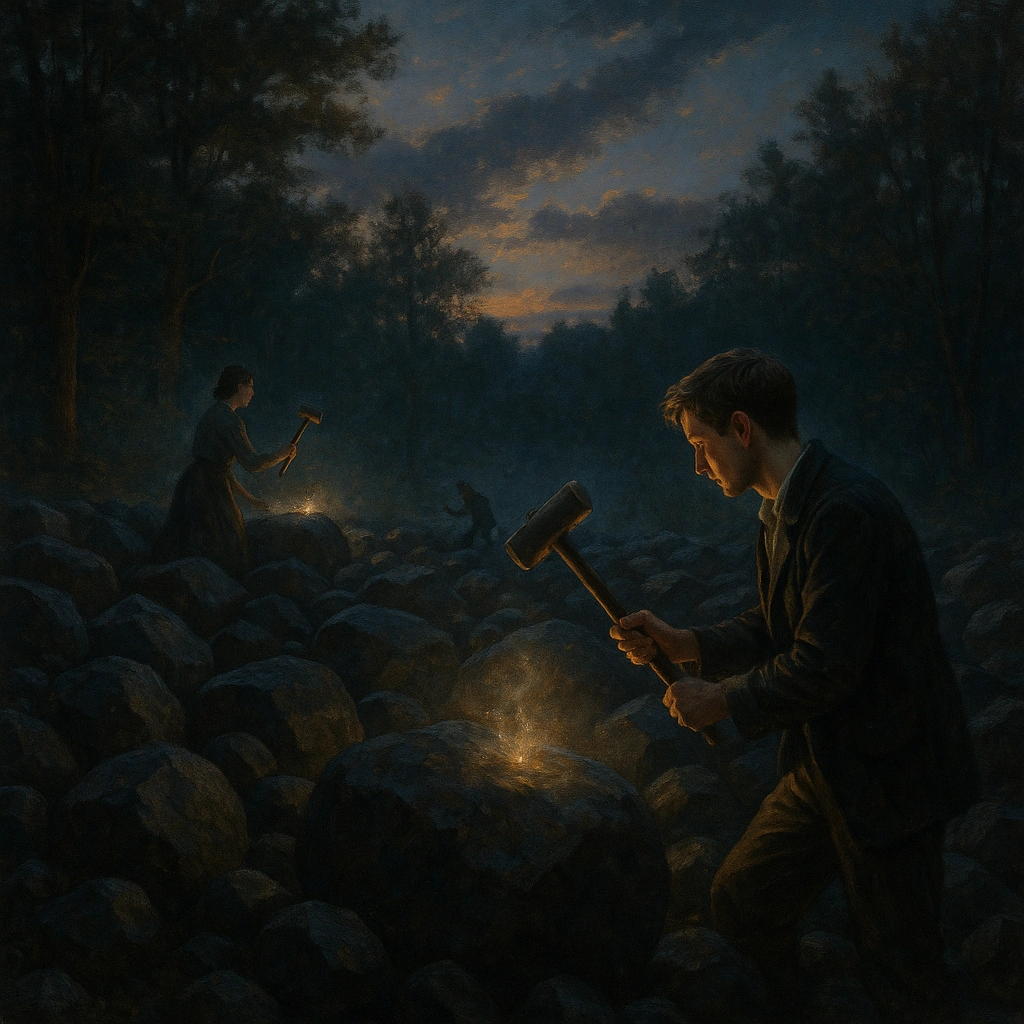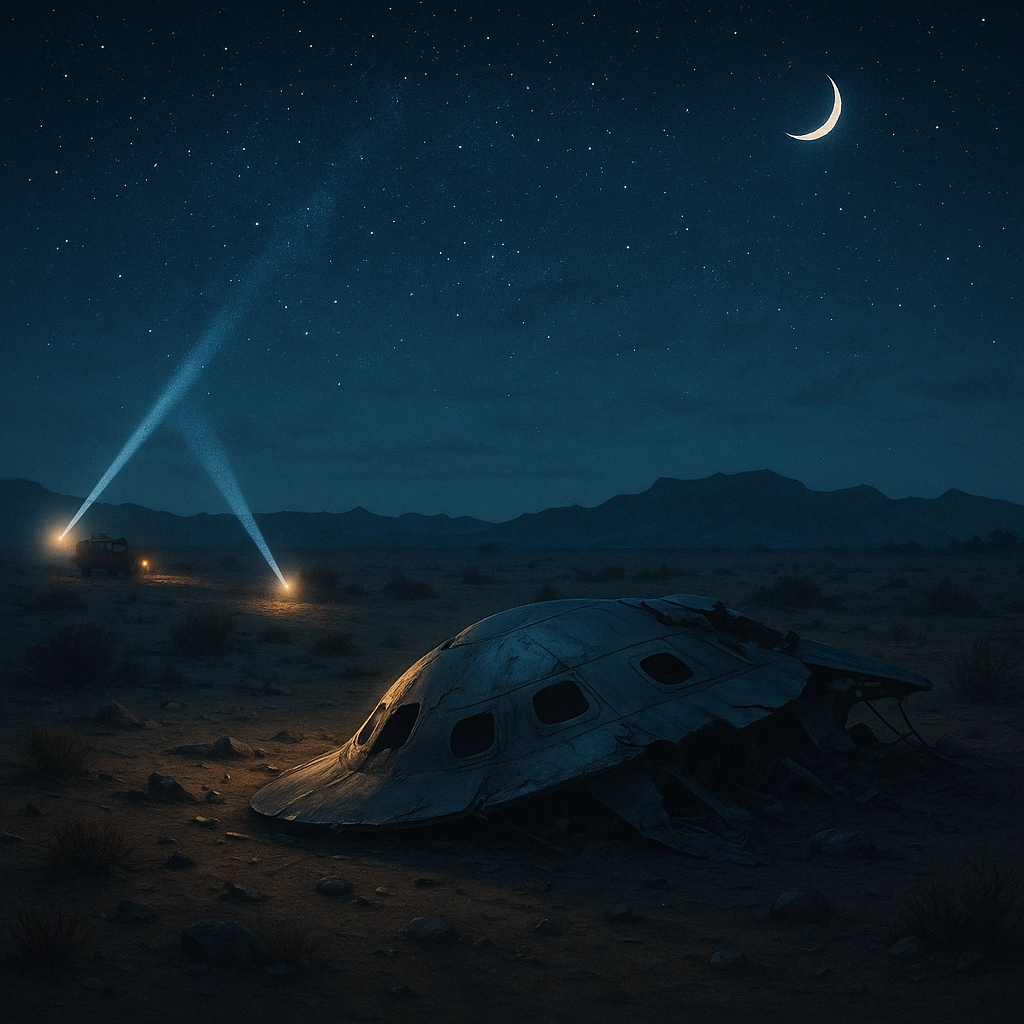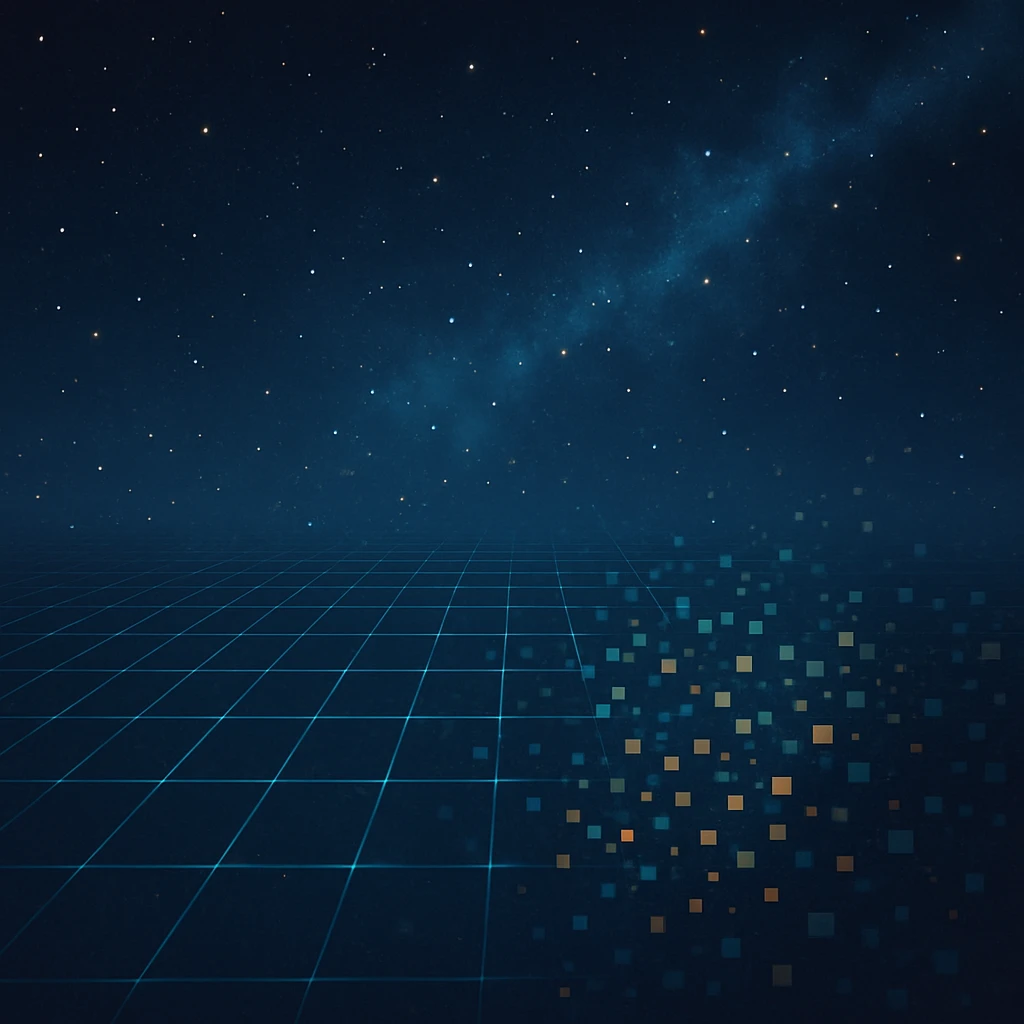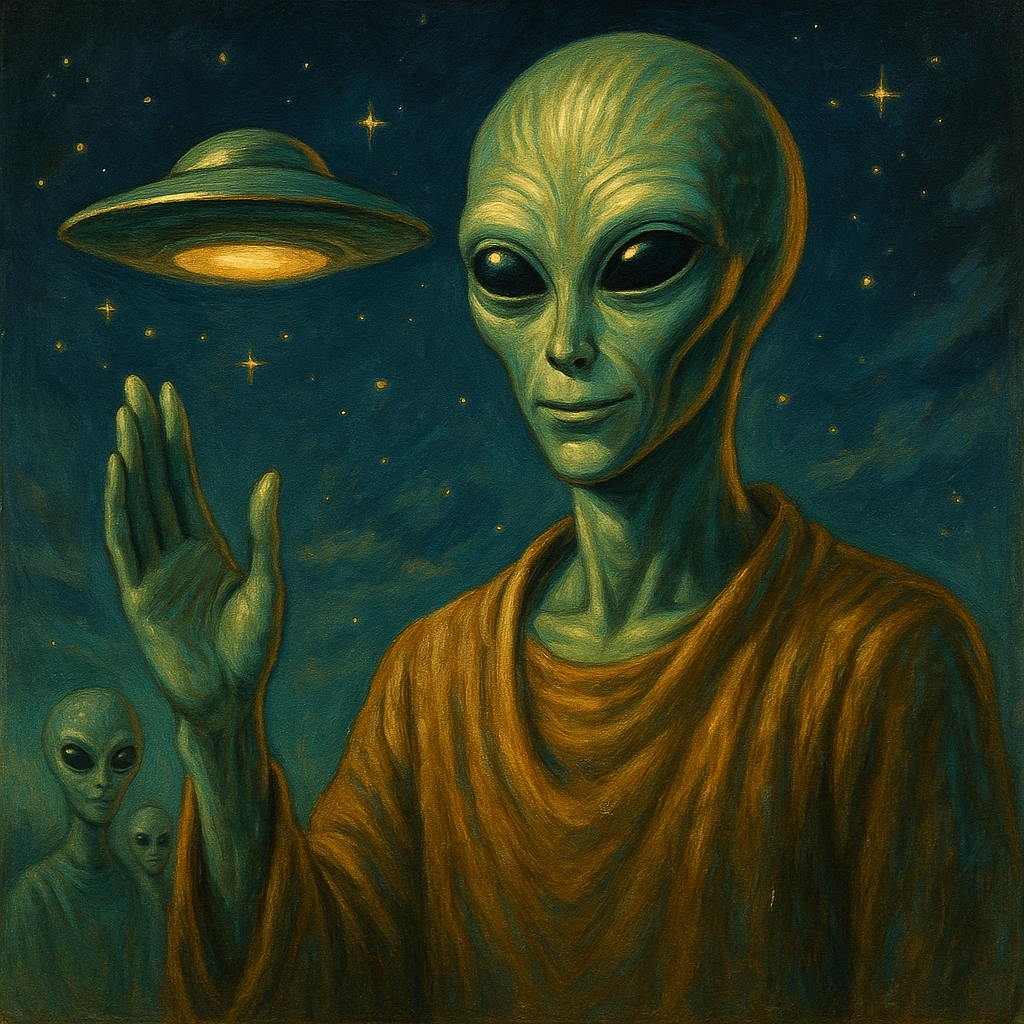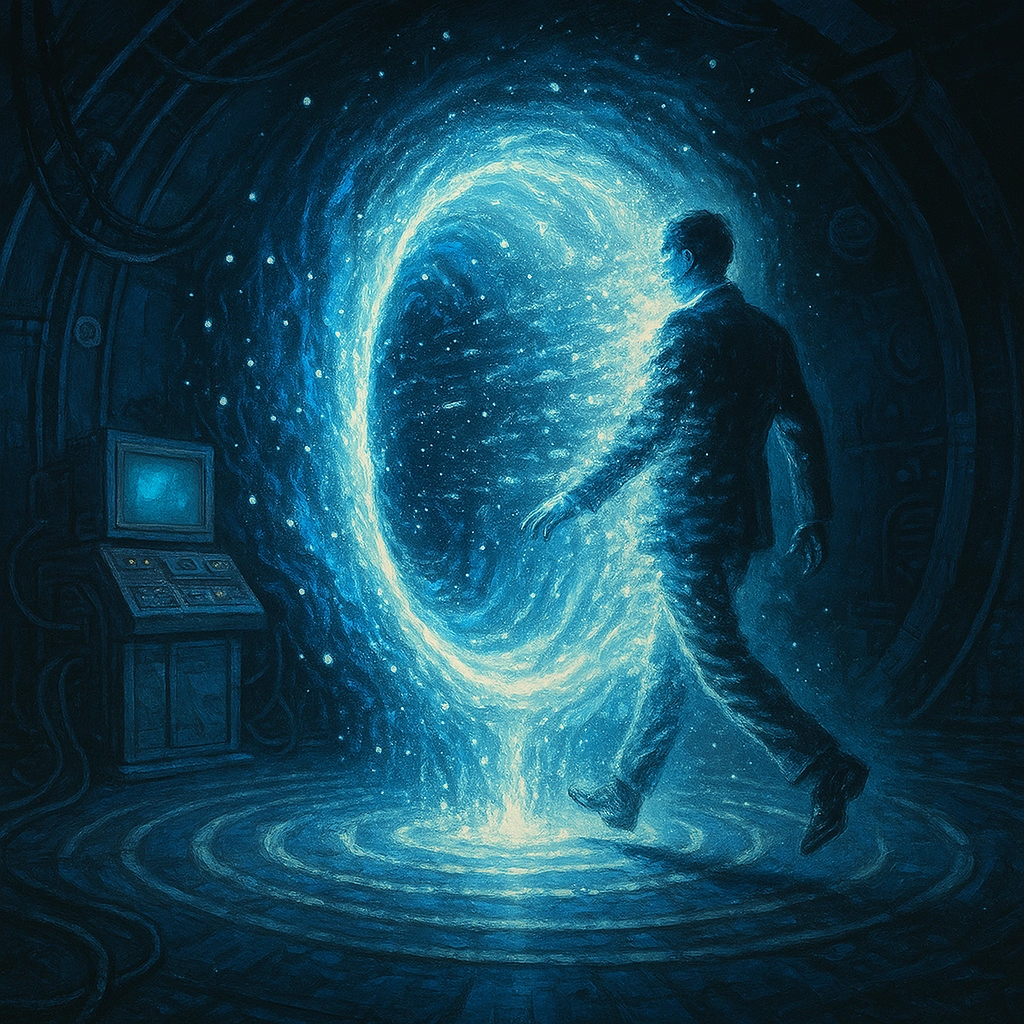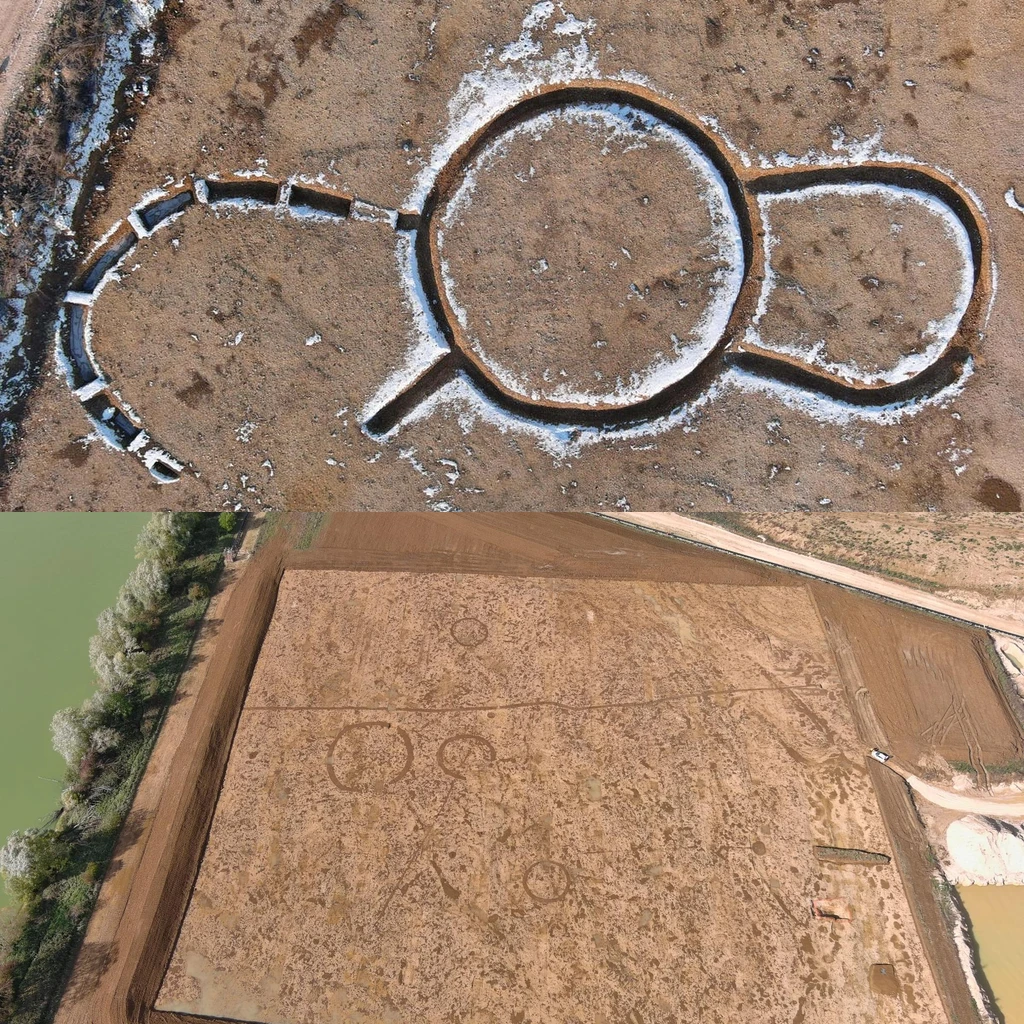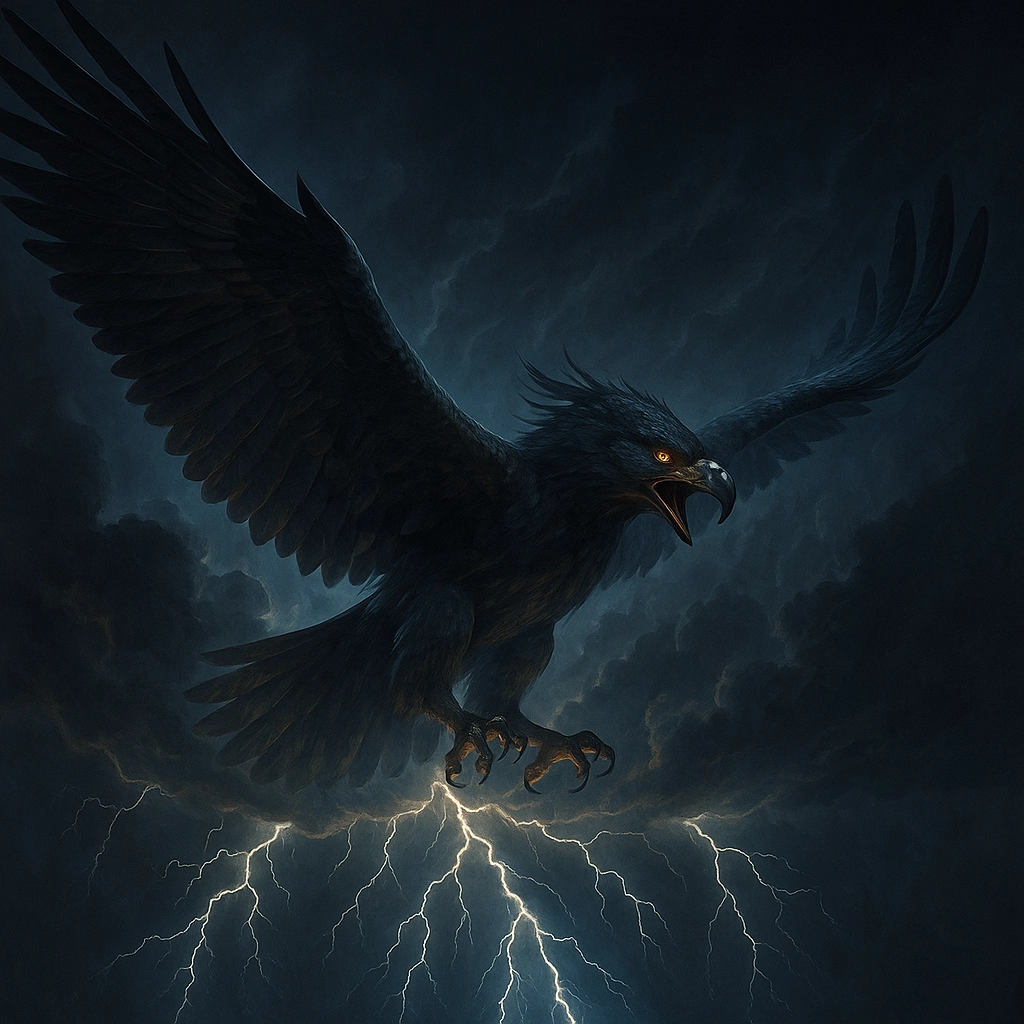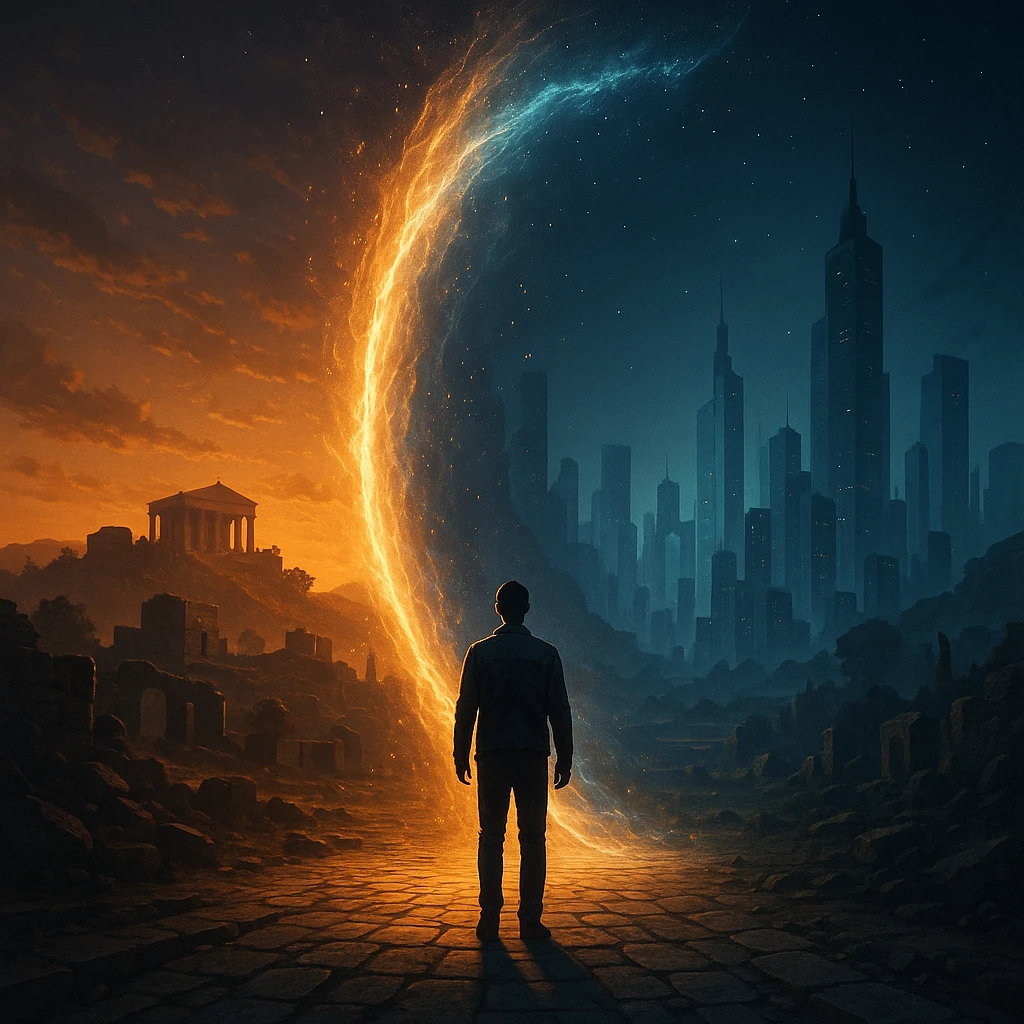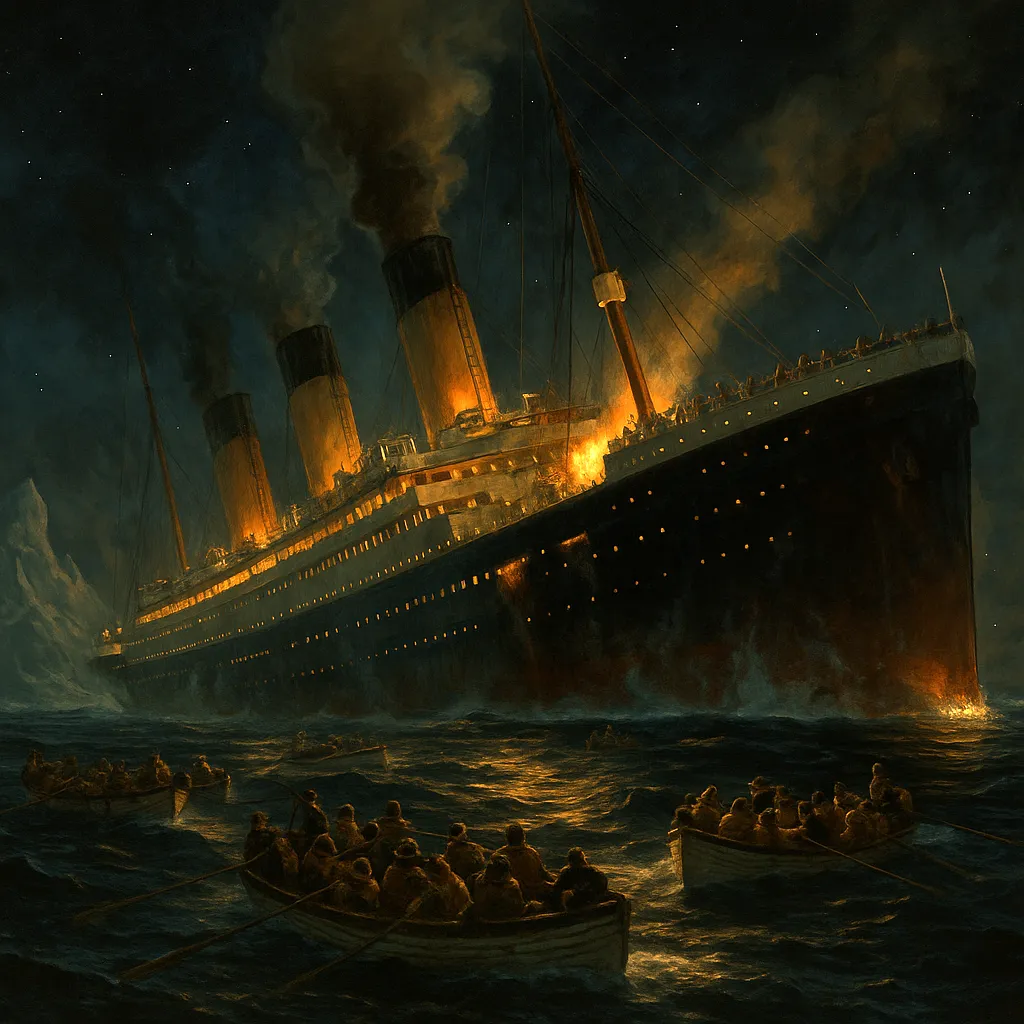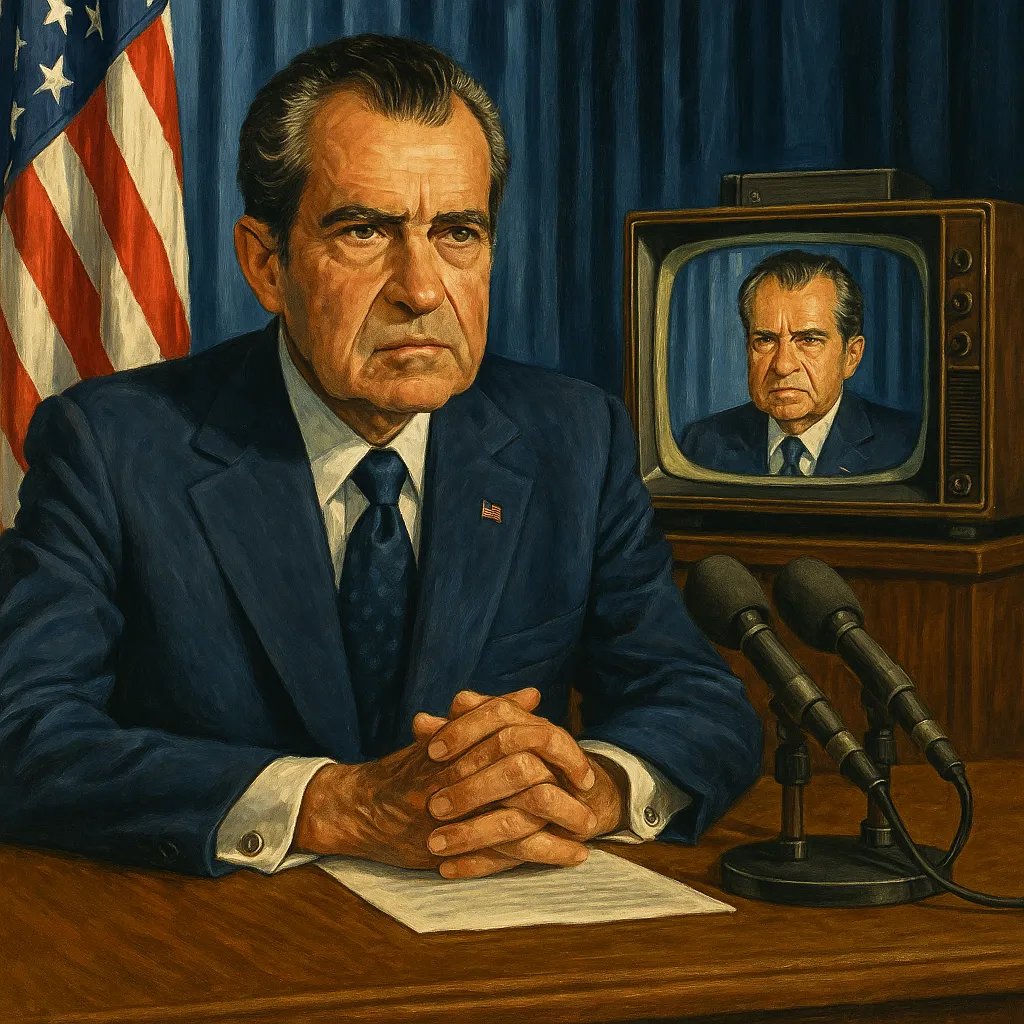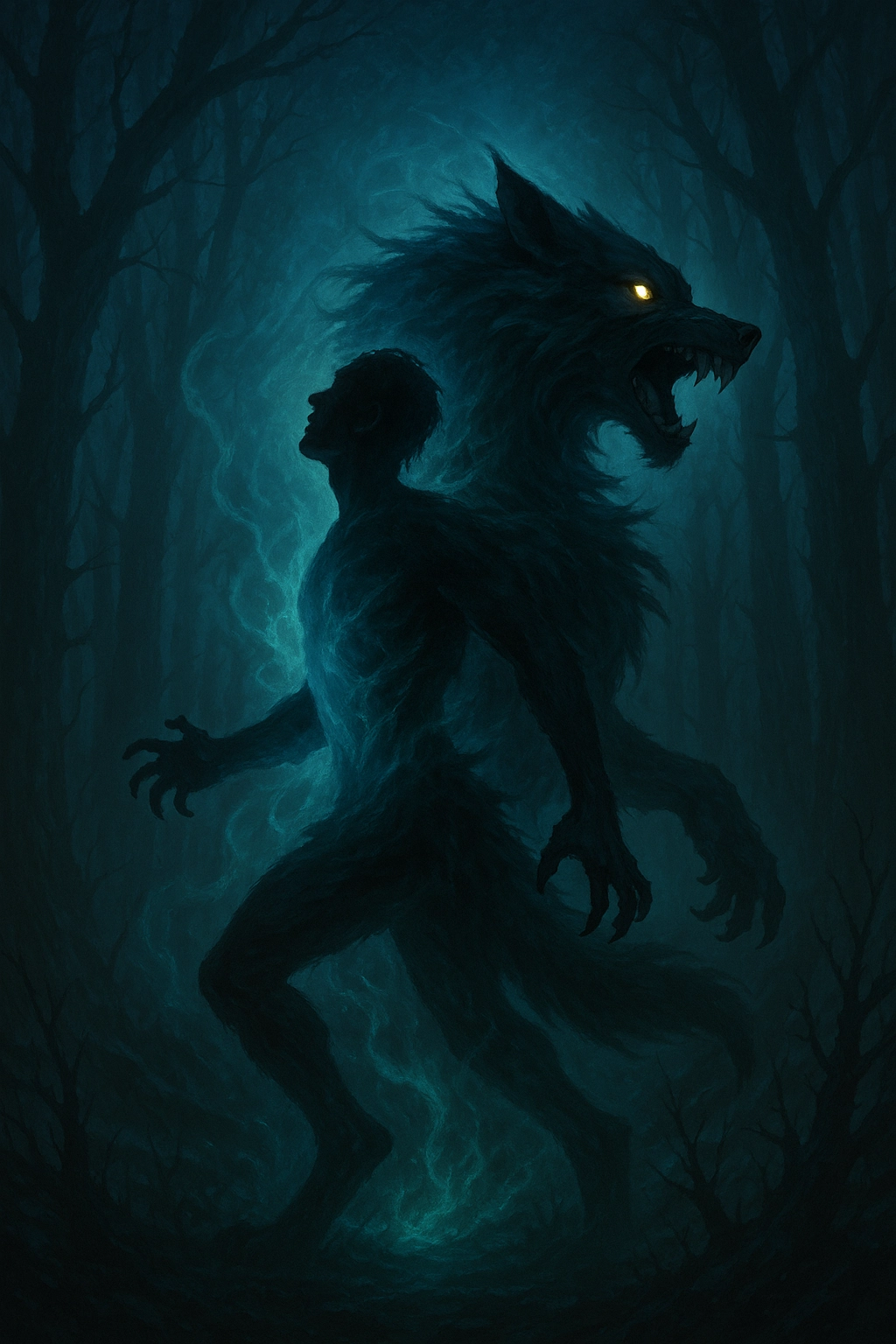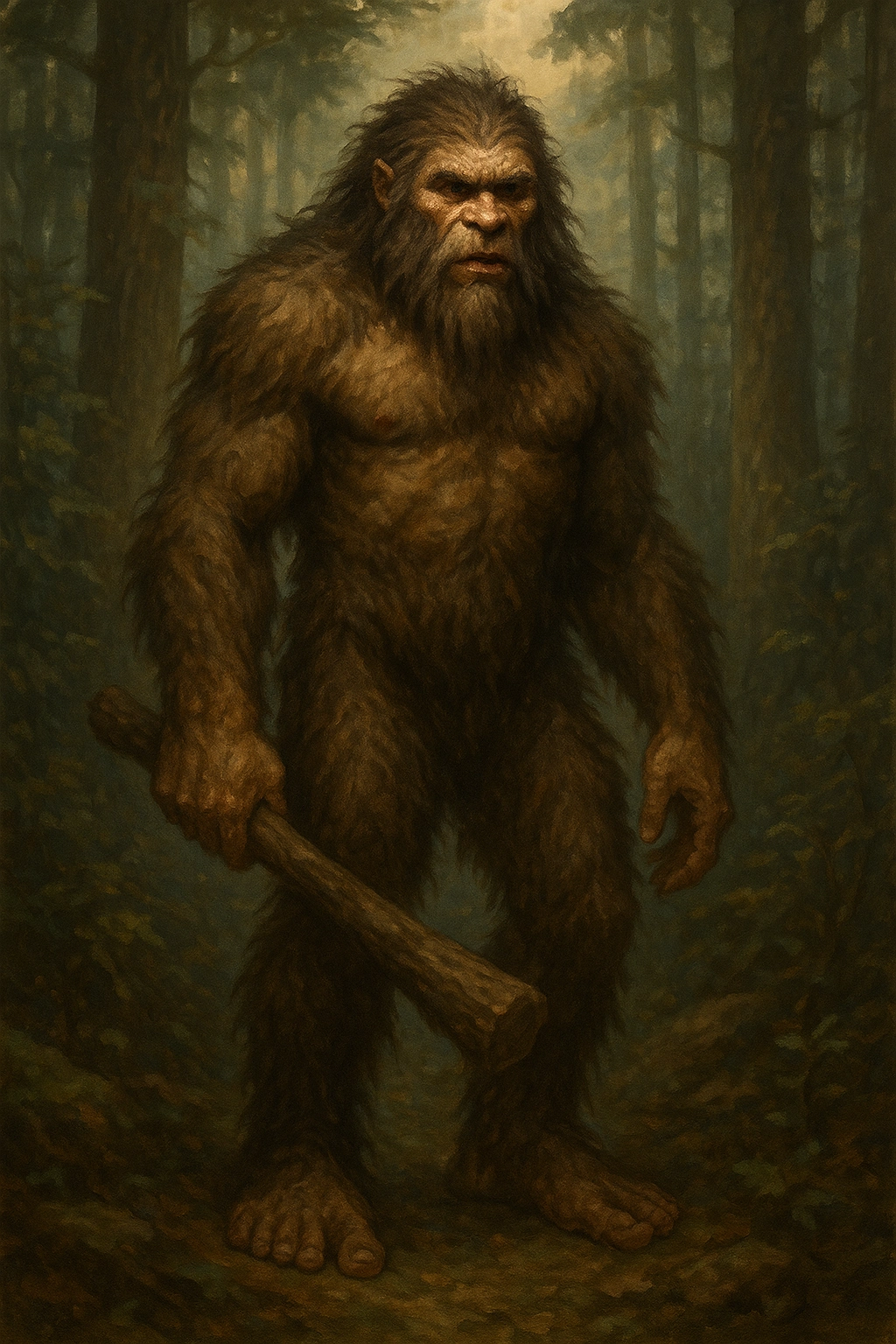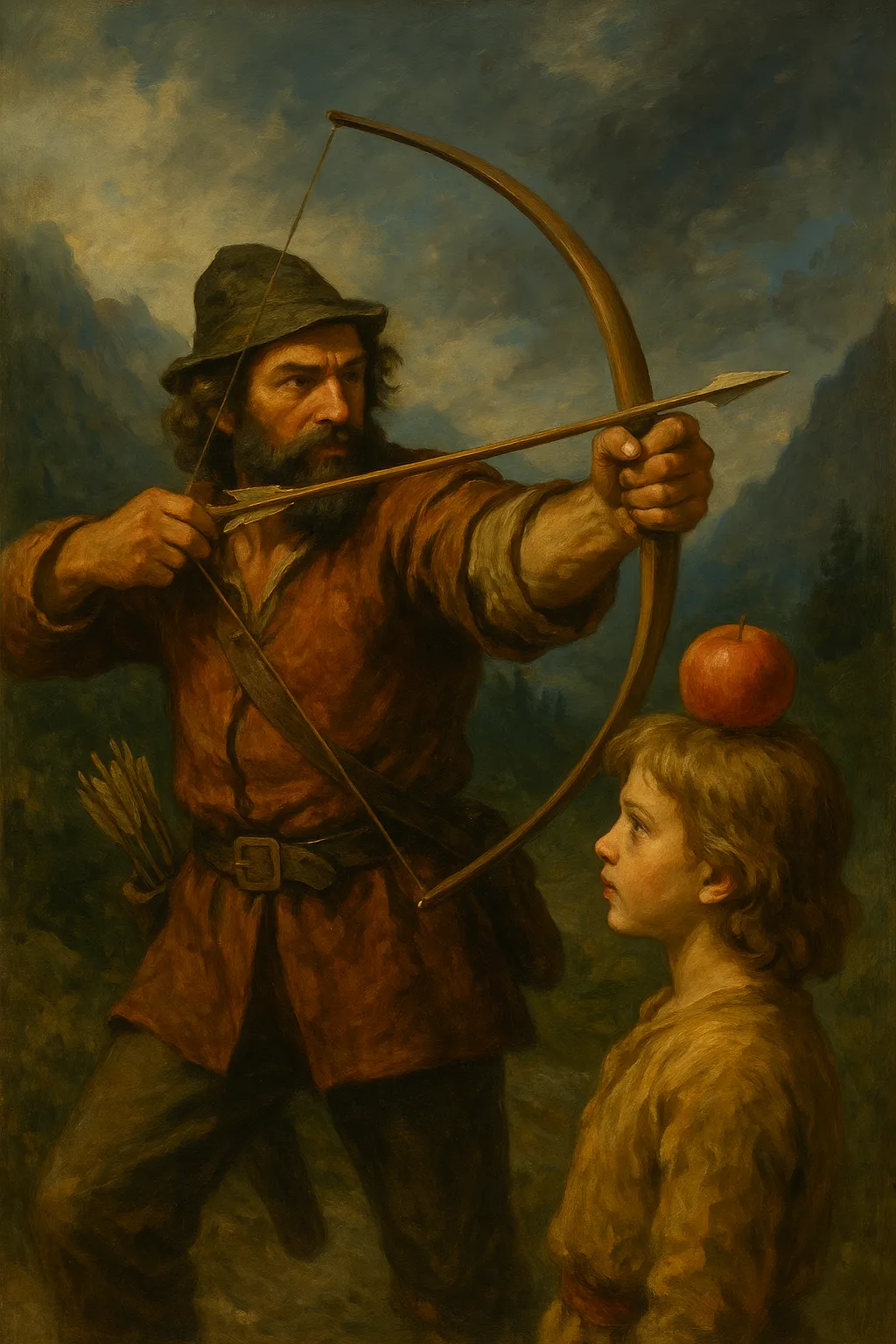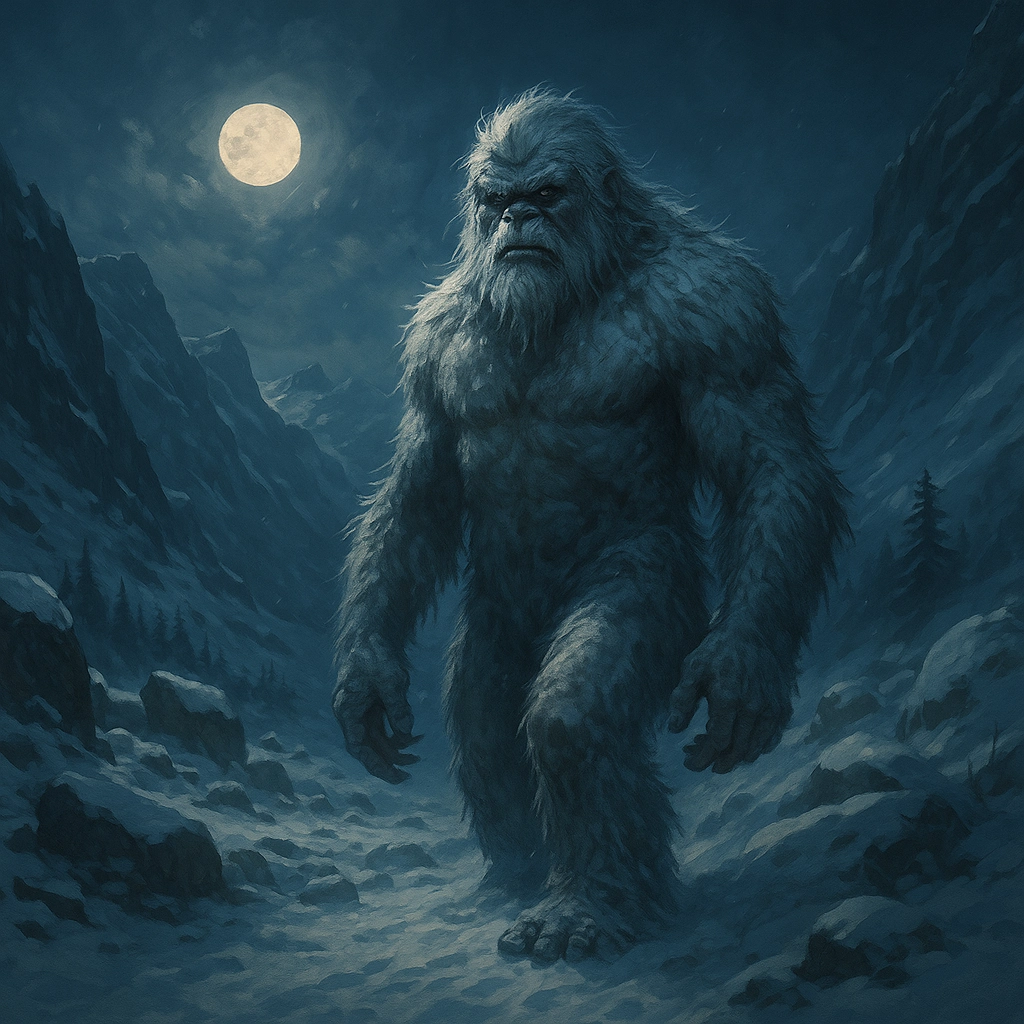What If Food Was Unnecessary?
Quick Answer: If food was no longer necessary, hunger would vanish and survival would be easier-but the loss of eating could change human culture, emotion, and economy in ways few could imagine.
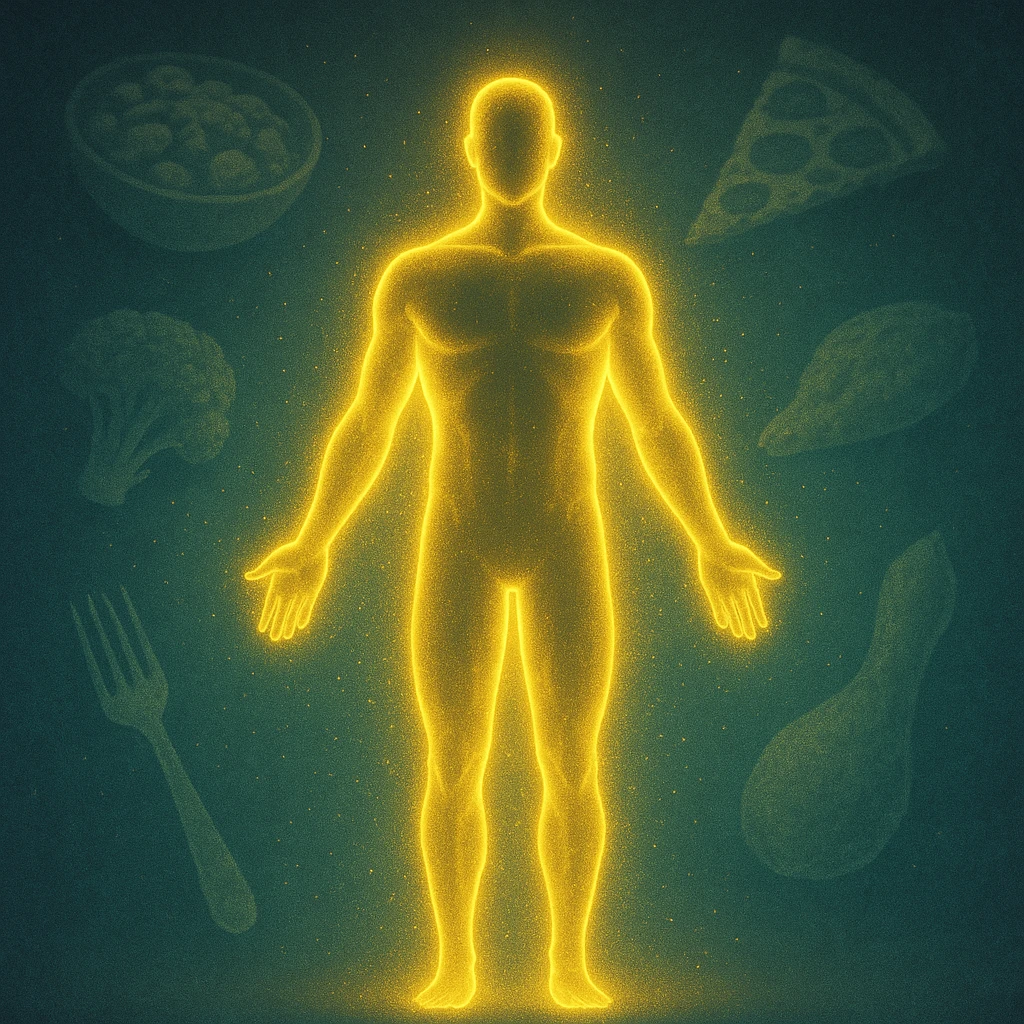
The Premise
Imagine waking up in a world where food is no longer required. Not because of scarcity or technology that delivers meals instantly-but because the human body no longer needs it. You don't feel hunger. You don't crave flavor. You don't need to eat at all.
This scenario assumes a radical shift in human biology or energy intake. It could stem from a post-evolutionary stage where our bodies convert environmental input-light, heat, electromagnetic fields-into usable energy. It might be artificial, engineered through biotech enhancements, genetic rewrites, or nano-systems that produce and recycle energy internally.
In such a future, eating would become optional. A nostalgic ritual for some, completely abandoned by others. Food would no longer be tied to survival, emotion, or daily routine. No breakfast to start your day. No dinner table to return to. No reason to cook unless you wanted to experience taste or tradition.
On the surface, it sounds like an incredible leap forward-freedom from starvation, agriculture, and the logistical chains that support billions. But underneath lies a deeper question: what do we lose when food is no longer a part of being human?
The Science and Speculation
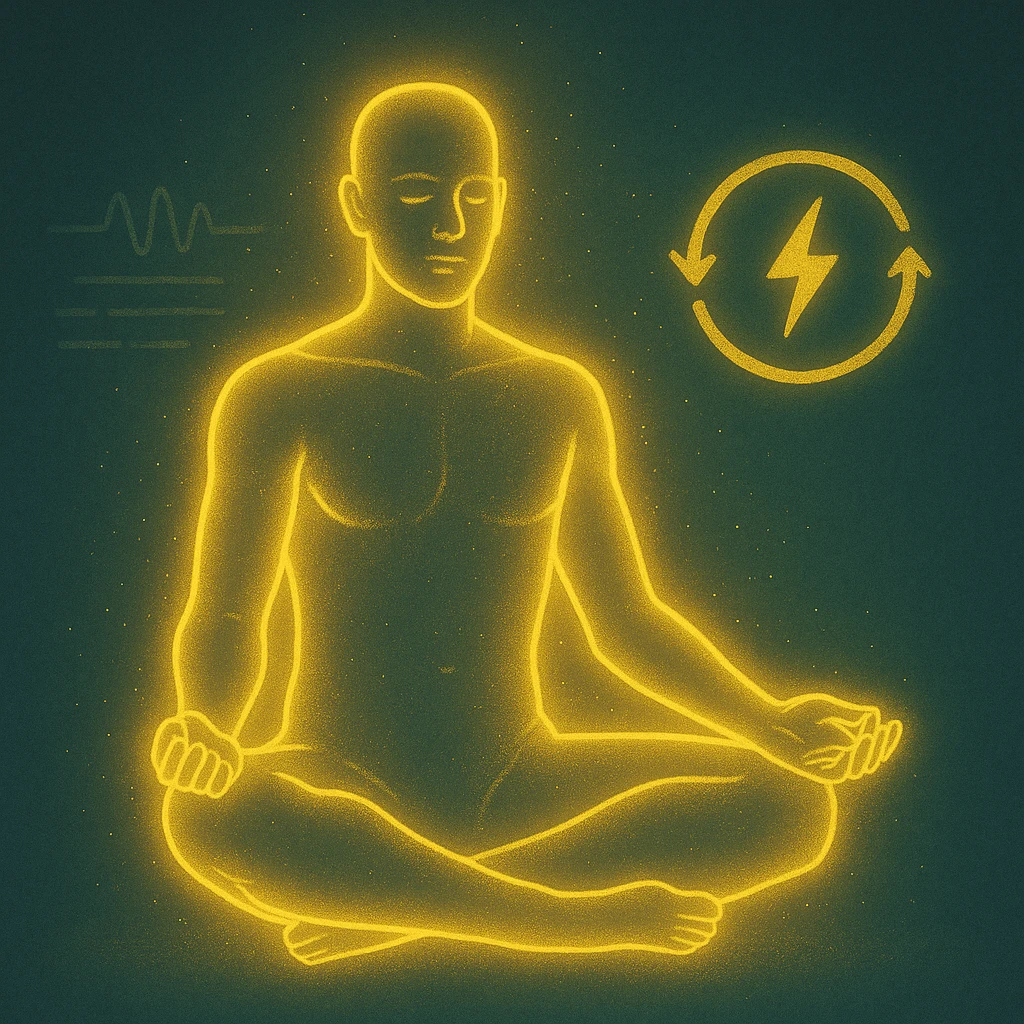
For food to become obsolete, the body would need an alternative method of energy generation. One possibility is advanced bioengineering-genetic modifications that allow humans to photosynthesize like plants, converting sunlight into usable energy. While current human biology lacks chlorophyll and surface area, synthetic biology might eventually bridge that gap.
Another route involves nano-scale machines embedded in the bloodstream. These devices could harvest ambient energy from environmental sources-radiation, thermal gradients, even motion-and distribute it internally. Such systems would effectively turn humans into self-sustaining energy loops.
In a more speculative direction, humans might evolve into beings who draw energy from quantum fields or zero-point sources. These ideas, often found in science fiction, stretch the limits of physics but remain conceptually intriguing. If energy could be passively absorbed and utilized with high efficiency, hunger would be eliminated entirely.
The most realistic short-term model would involve external wearable devices or implants that generate and distribute energy-an intermediary step between dependence on food and total biological autonomy. Over time, such tech could evolve into seamless integration with the body, phasing out the need for food altogether.
Possible Consequences
- Global Hunger Ends: Billions would no longer suffer from starvation or malnutrition. In regions where food insecurity has been a defining struggle, this shift could erase one of the oldest human survival threats and redefine humanitarian aid forever.
- The Food Economy Collapses: Agriculture, food processing, distribution, cooking, and restaurant services make up a huge part of global employment. If food became irrelevant, these industries could disappear-leading to economic upheaval, job loss, and a need to restructure entire economies.
- Family and Culture Shift: Mealtimes are a universal tradition-used to bond, comfort, negotiate, and celebrate. Without the shared act of eating, family life could become fragmented, and cultures that center around food might lose essential rituals and expressions of identity.
- Environmental Recovery: The end of food production could dramatically reduce land use, deforestation, water consumption, and greenhouse gas emissions. Vast areas once dedicated to farming and livestock could be rewilded, leading to biodiversity restoration and reduced climate pressure.
- Loss of Joy and Ritual: Beyond survival, food provides emotional satisfaction, sensory pleasure, and social cohesion. Without the smells, tastes, and memories tied to eating, life could feel colder and more mechanical-especially for those who value food as art or comfort.
- Class Distinctions Fade: In a world without hunger, the gap between those who feast and those who go without could vanish. Social status, once linked to fine dining or exclusive foods, might shift toward other forms of personal expression or digital currency.
- Health and Body Image Changes: With no intake of calories, the culture around dieting, weight, and appearance could transform. Bodies might self-regulate without food, removing one of the most complex psychological and societal pressures in modern life.
In Pop Culture
Science fiction often explores the idea of foodless futures. In some stories, humans are sustained by pills, nutrient infusions, or energy fields. In others, food is outlawed or obsolete. The film Soylent Green imagined a world where traditional food was scarce, replaced by synthetic alternatives. Star Trek often shows characters using replicators-but still choosing to eat out of habit or tradition. In more dystopian tales, loss of food is linked to a loss of humanity. Even when nutrition is solved, the craving for taste, texture, and shared meals remains deeply emotional and symbolic.
Expert Take
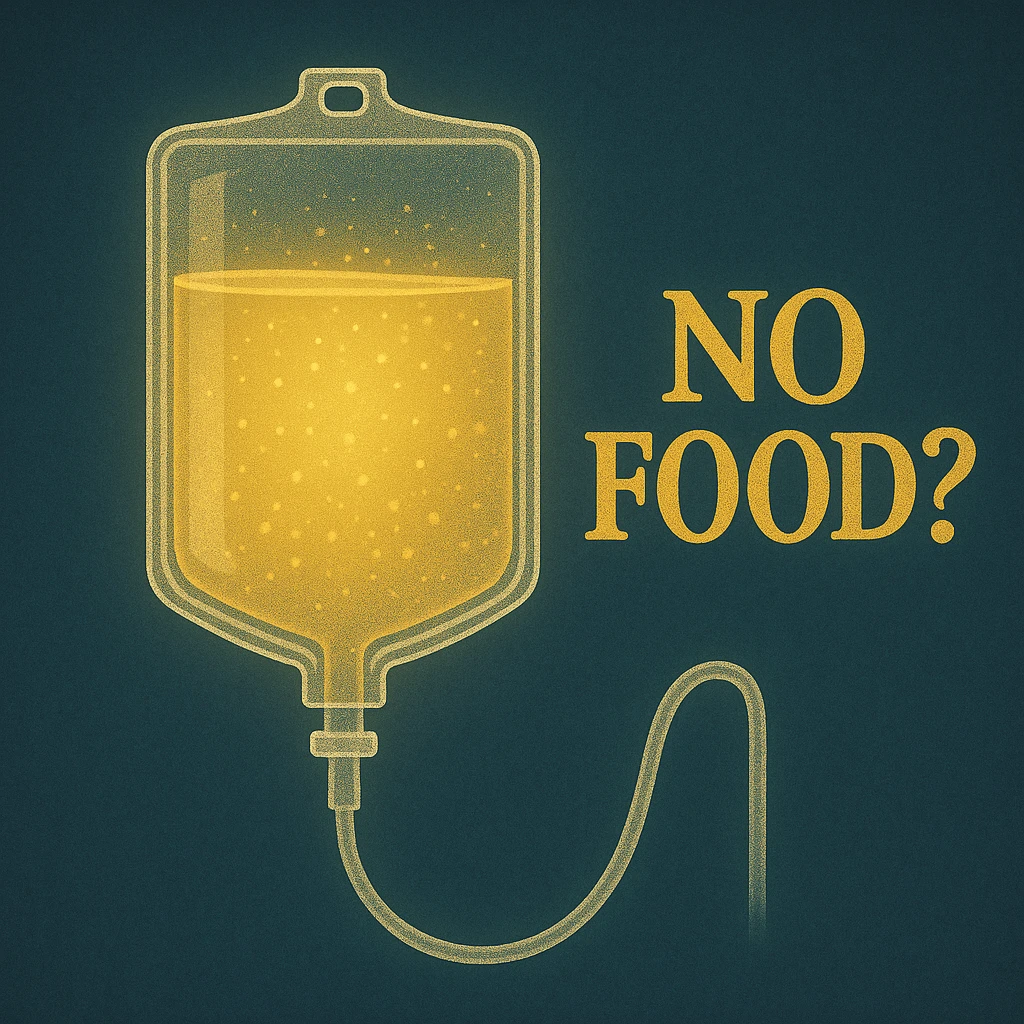
"Food has always been more than fuel," says Dr. Ava Calder, a metabolic anthropologist at the Global BioEvolution Institute. "It is deeply tied to memory, emotion, status, and the human experience. To remove food from daily life is not just a biological shift-it's a cultural upheaval."
Dr. Calder explains that the evolution of cuisine mirrors the evolution of civilization. "We track migrations, trade, and identity through recipes. The act of preparing and sharing food is one of the oldest forms of communication and trust-building. If that disappears, we will need to invent entirely new ways to connect as social beings."
She also cautions against assuming the change would be neutral. "People often think that removing hunger means liberation-but for many, it could mean loss. Loss of creative expression, family rituals, or emotional comfort. Food is tied to care, grief, celebration, and even resistance. Without it, we risk becoming more efficient-but perhaps less human."
Skygaze Twist
What if only some people no longer needed food? A divide could emerge-those who eat, and those who don't. Would eaters be seen as primitive, or more human? Would synthetic humans long for the taste of something they never needed? The end of hunger might not bring unity-it might introduce a new kind of separation between the organic and the evolved.
What About You?
If you could survive without food, would you give up eating entirely? Would you still crave your favorite dish, or miss the comfort of cooking with family? Would life feel simpler-or lonelier? Think it over, and explore more bold possibilities right here on Skygaze.


